The Mammoth Site of Hot Springs is an active paleontological dig site, which boasts the largest concentration of mammoth remains in the world. Current mammoth count is 61, with 58 Columbian and three woolly mammoths. Mammoths and other megafauna got trapped in a sinkhole and drown about 26,000 years ago. Their bones were buried and preserved.Paleontology is the study of pre-existing life based on fossils. A fossil could be an actual portion of the animal, such as bones, teeth, or shells, or maybe replaced by minerals such as silica, iron and manganese as in petrified wood. A fossil may also be a track or a trail, an imprint or a cast, anything that indicates preexisting life forms.
General Admission
Children 3 & Under – Free
Ages 4-12 – $7.37 + Tax
Active & Retired Military – $7.37 + Tax
Ages 13 to 59 – $10.14 + Tax
Ages 60 and Over – 8.29 + Tax
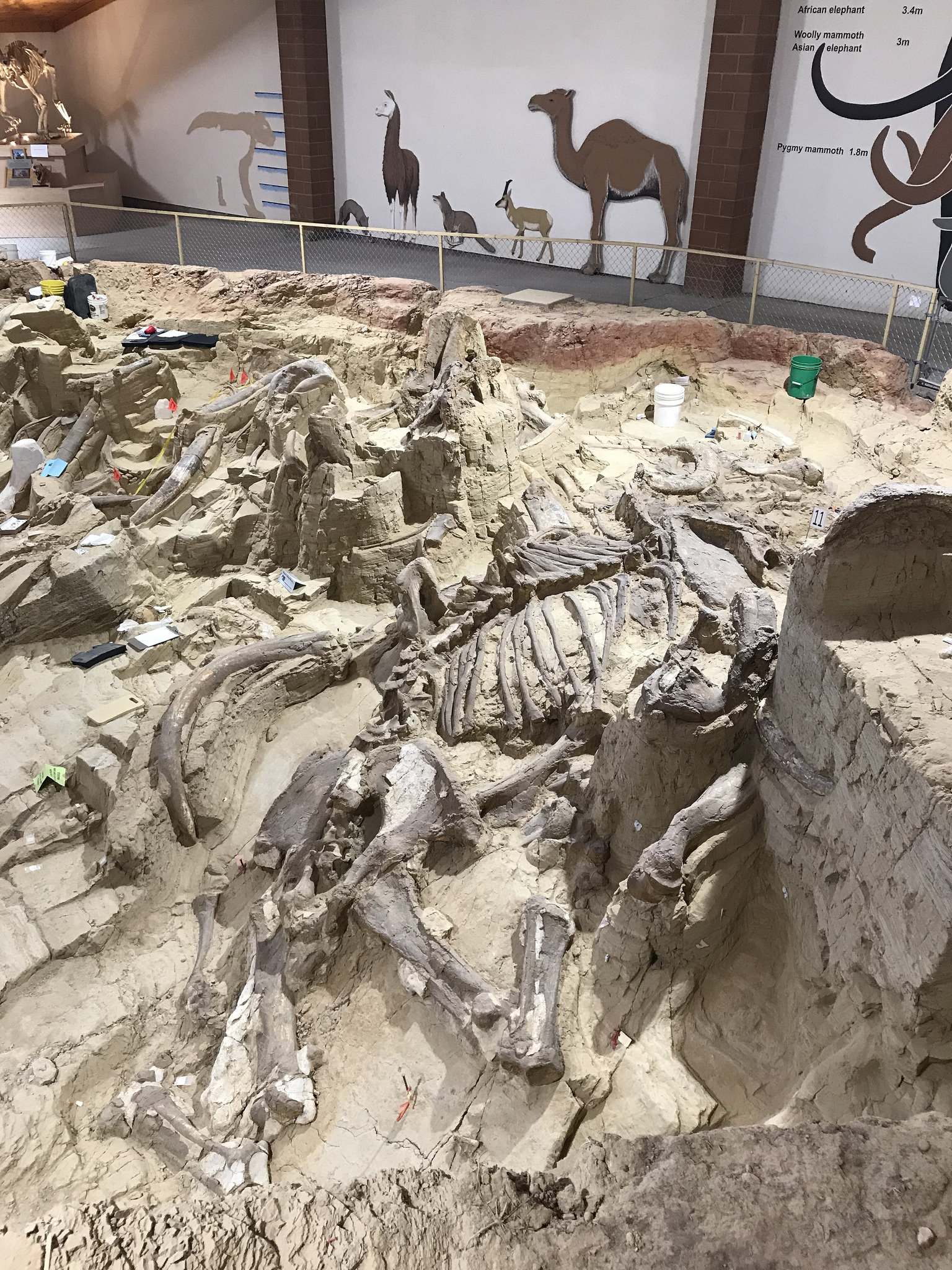
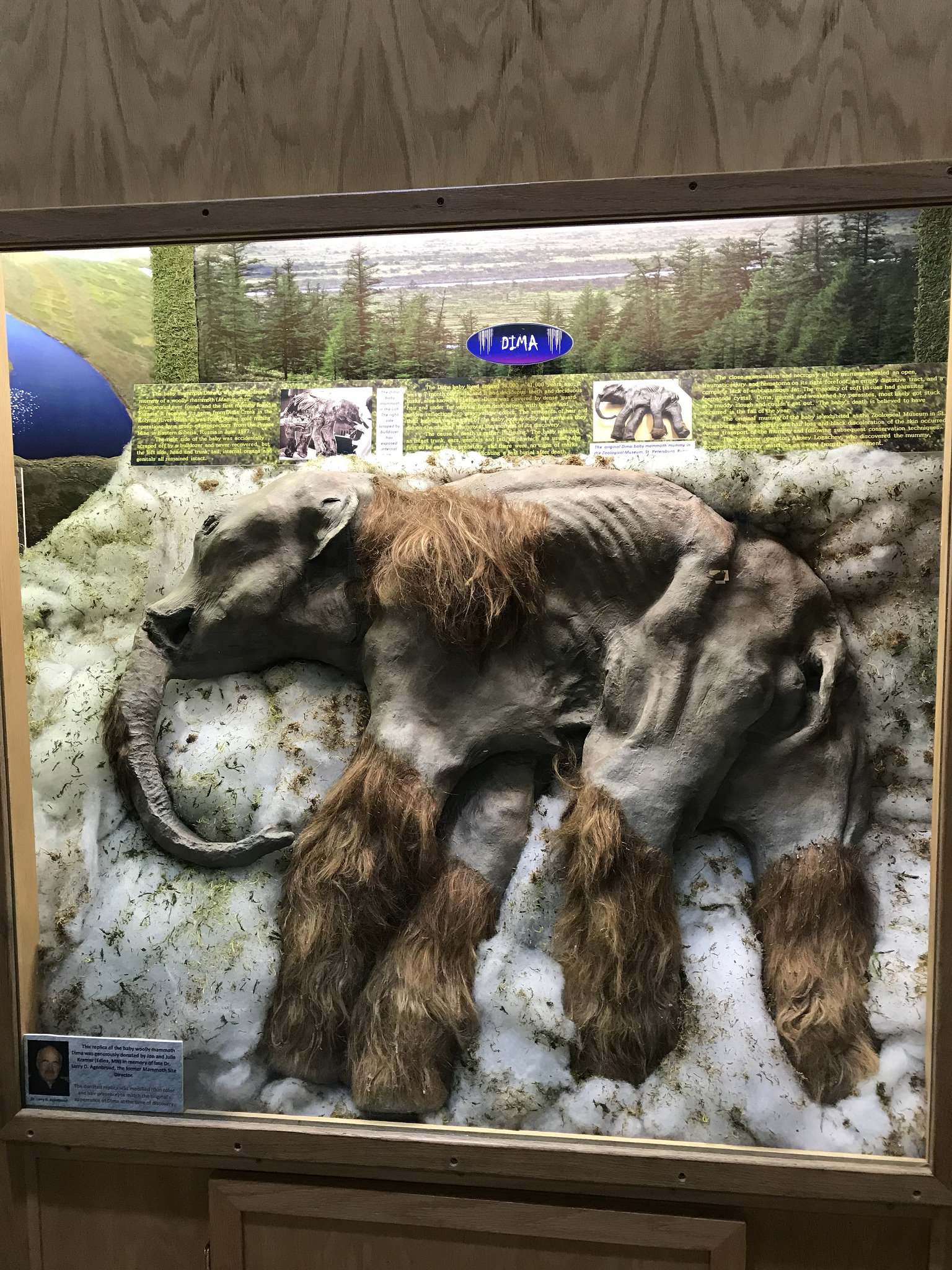
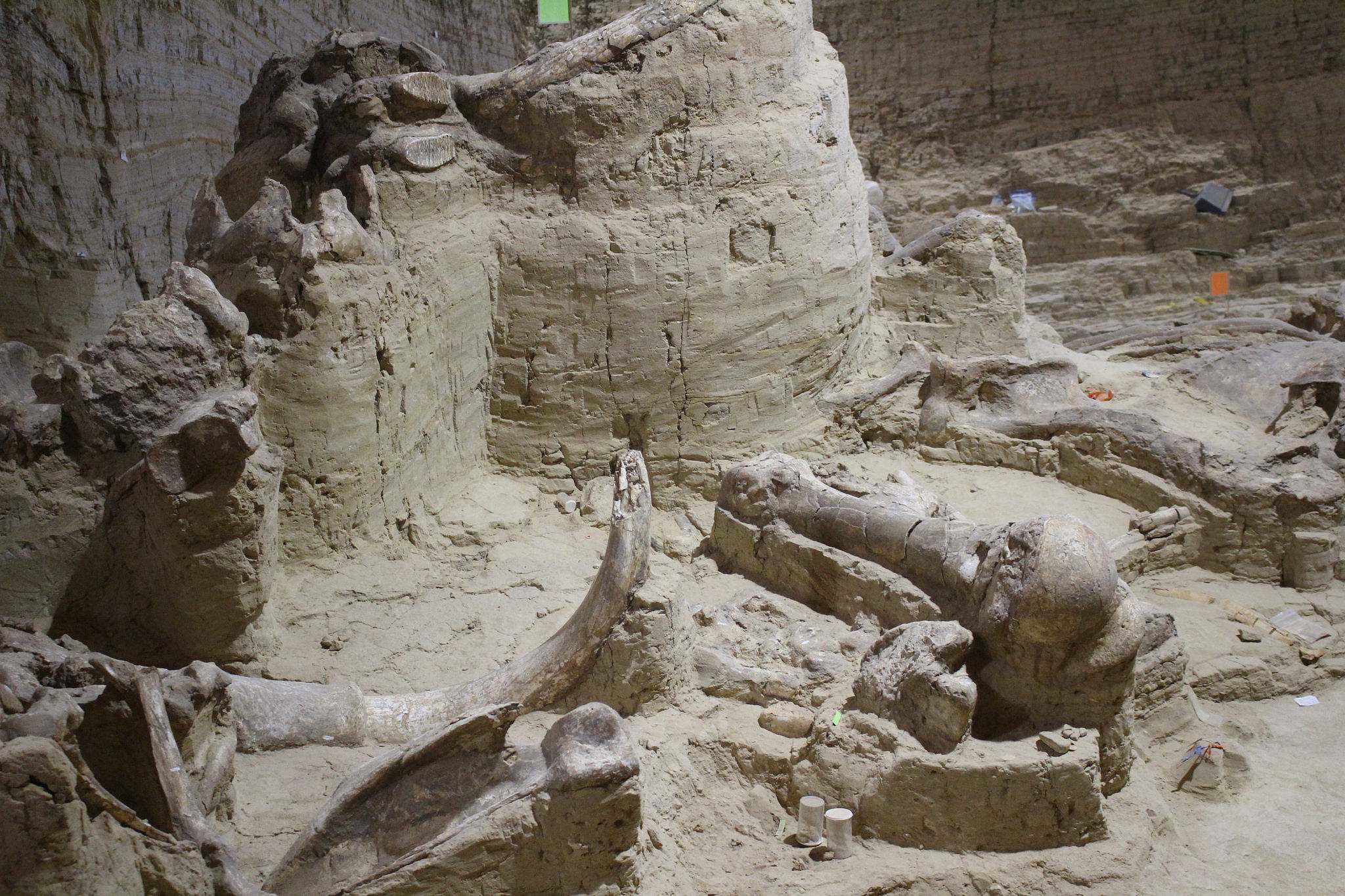
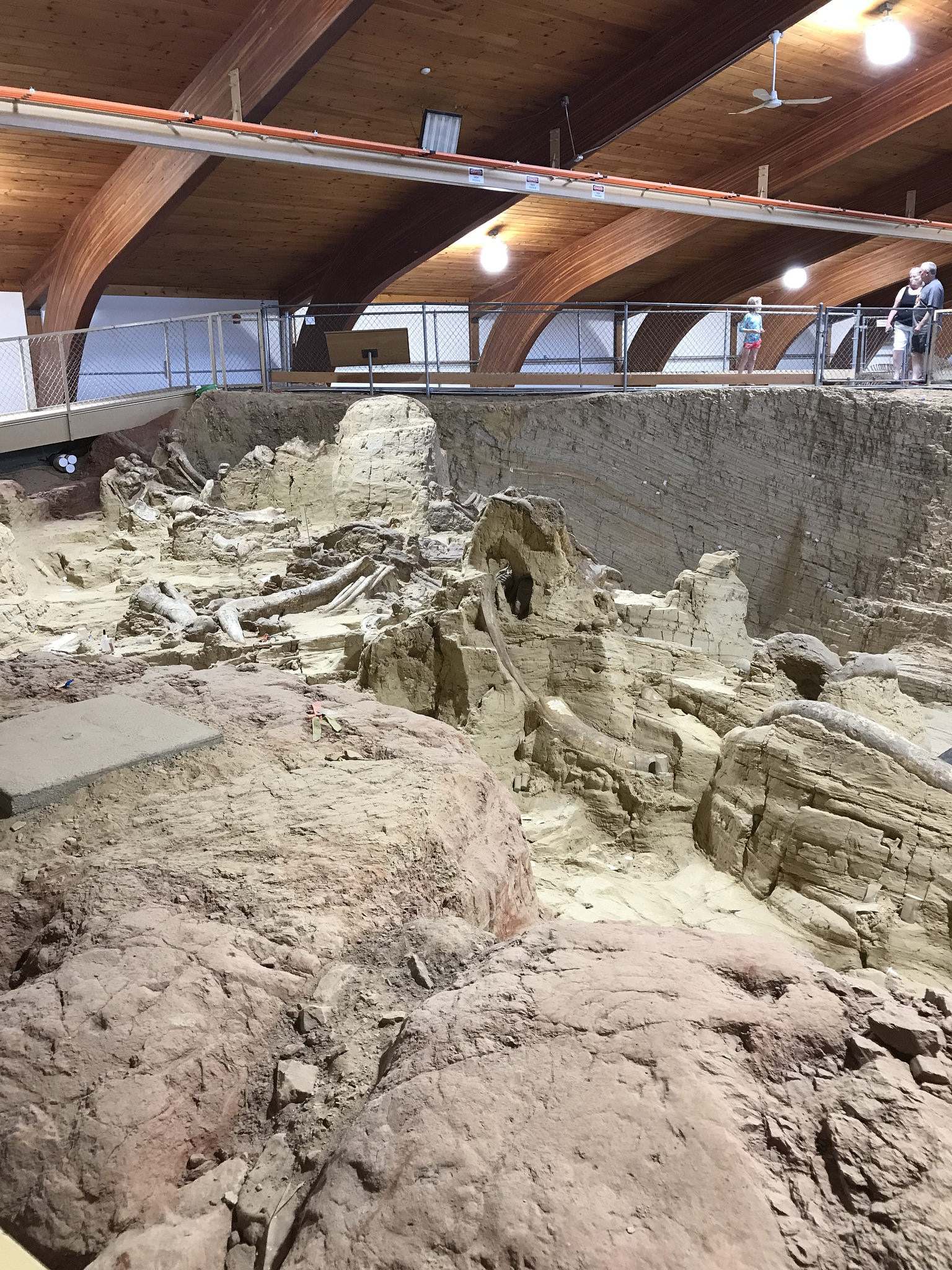
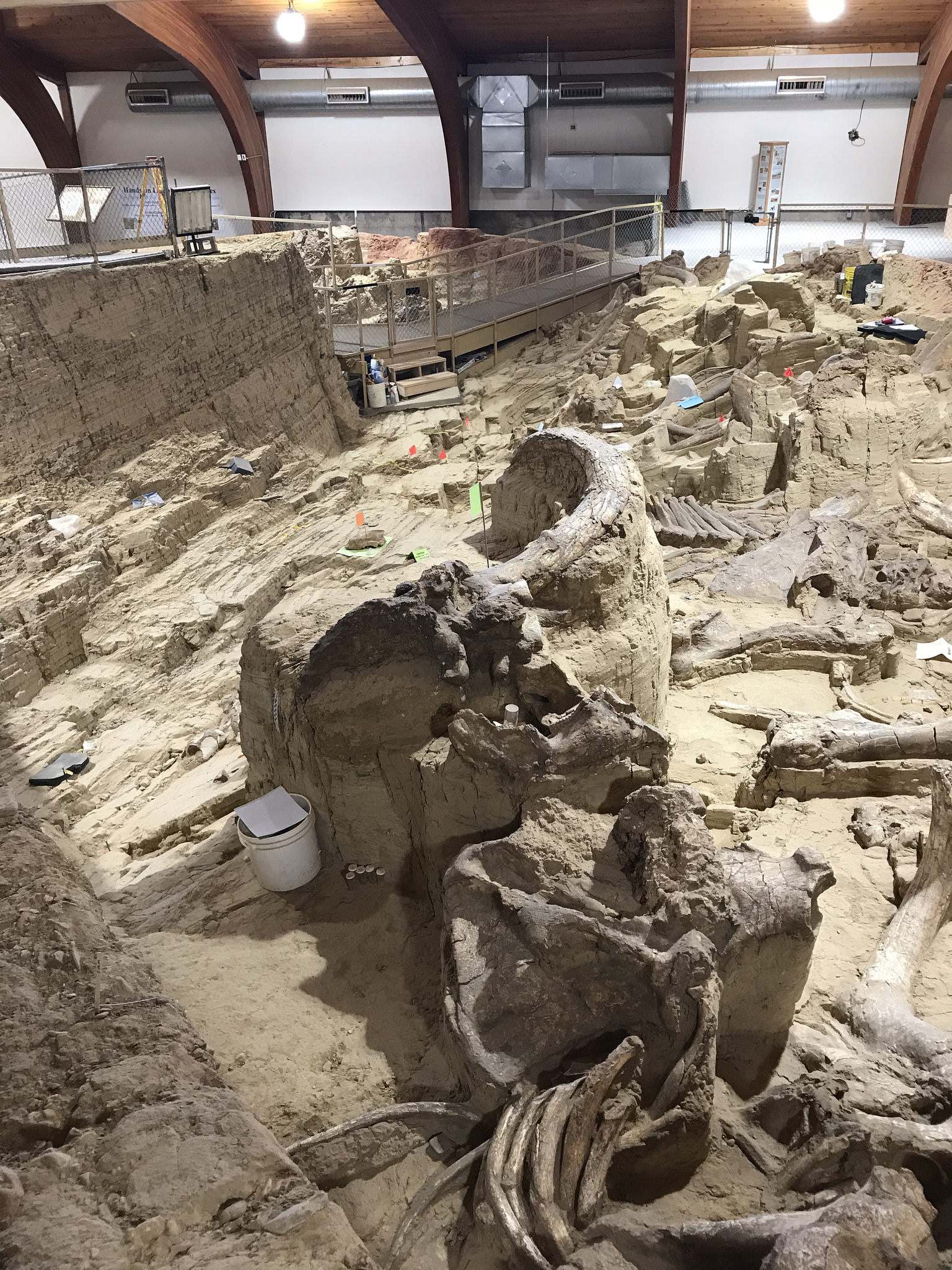
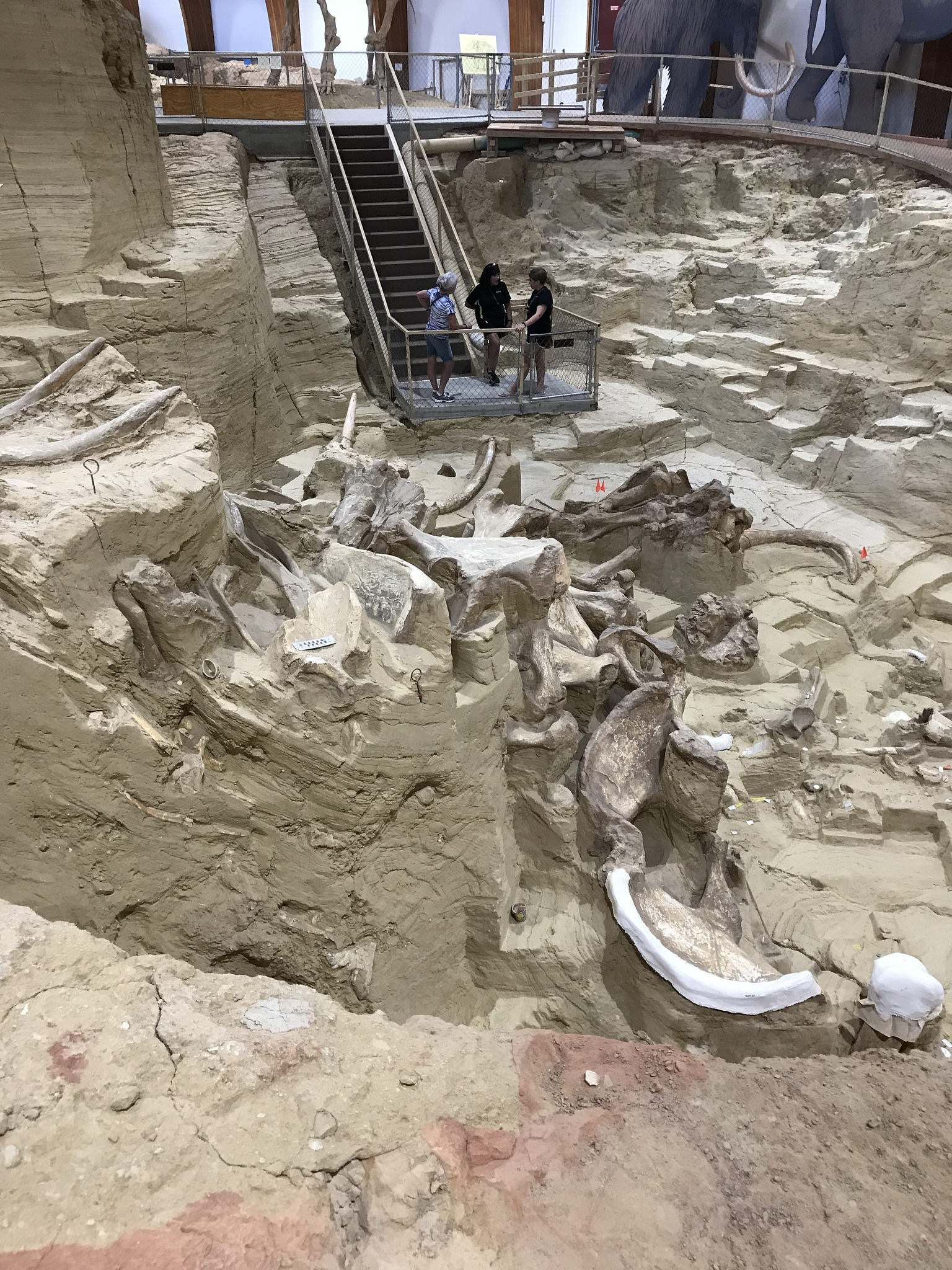
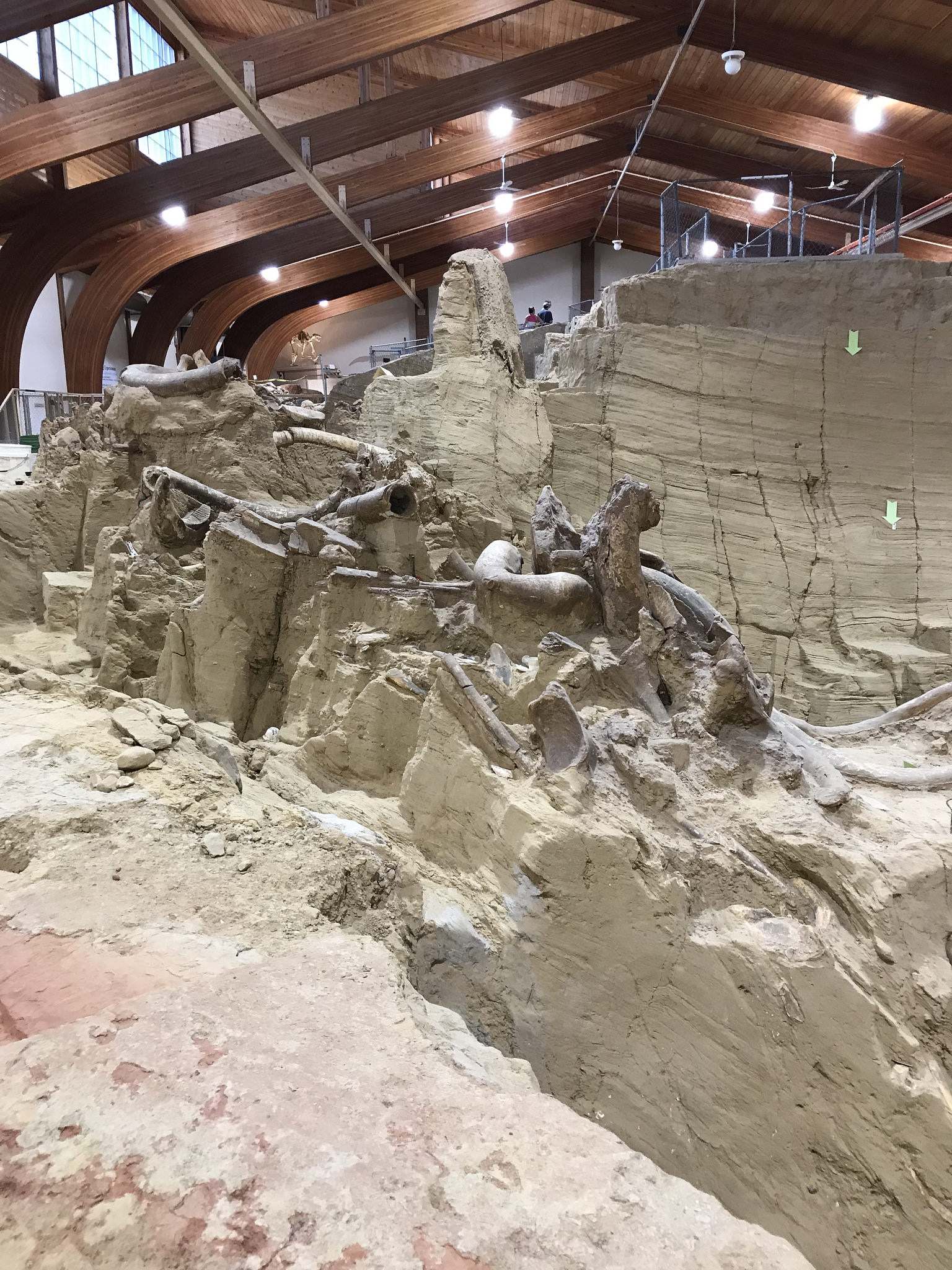
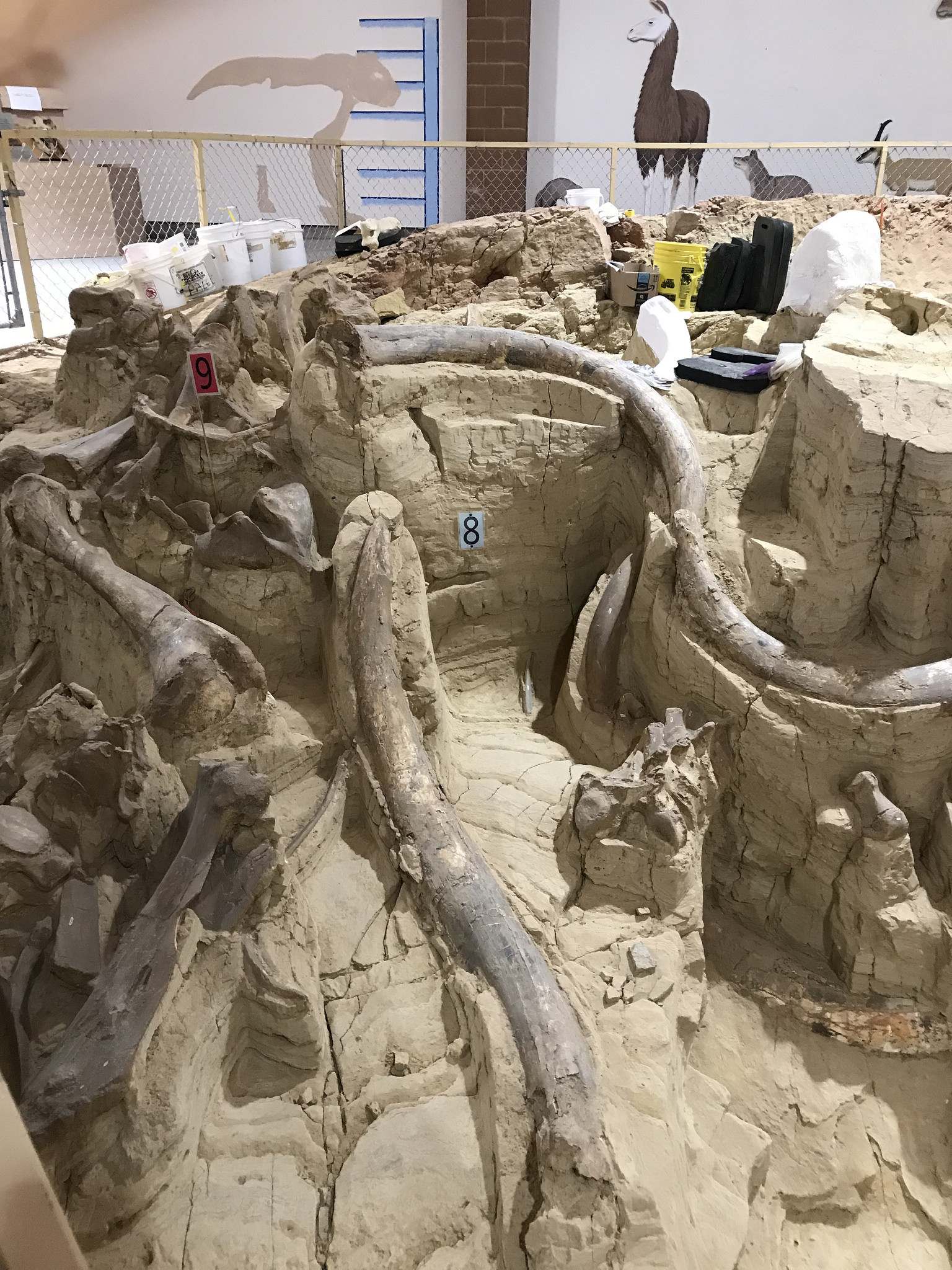
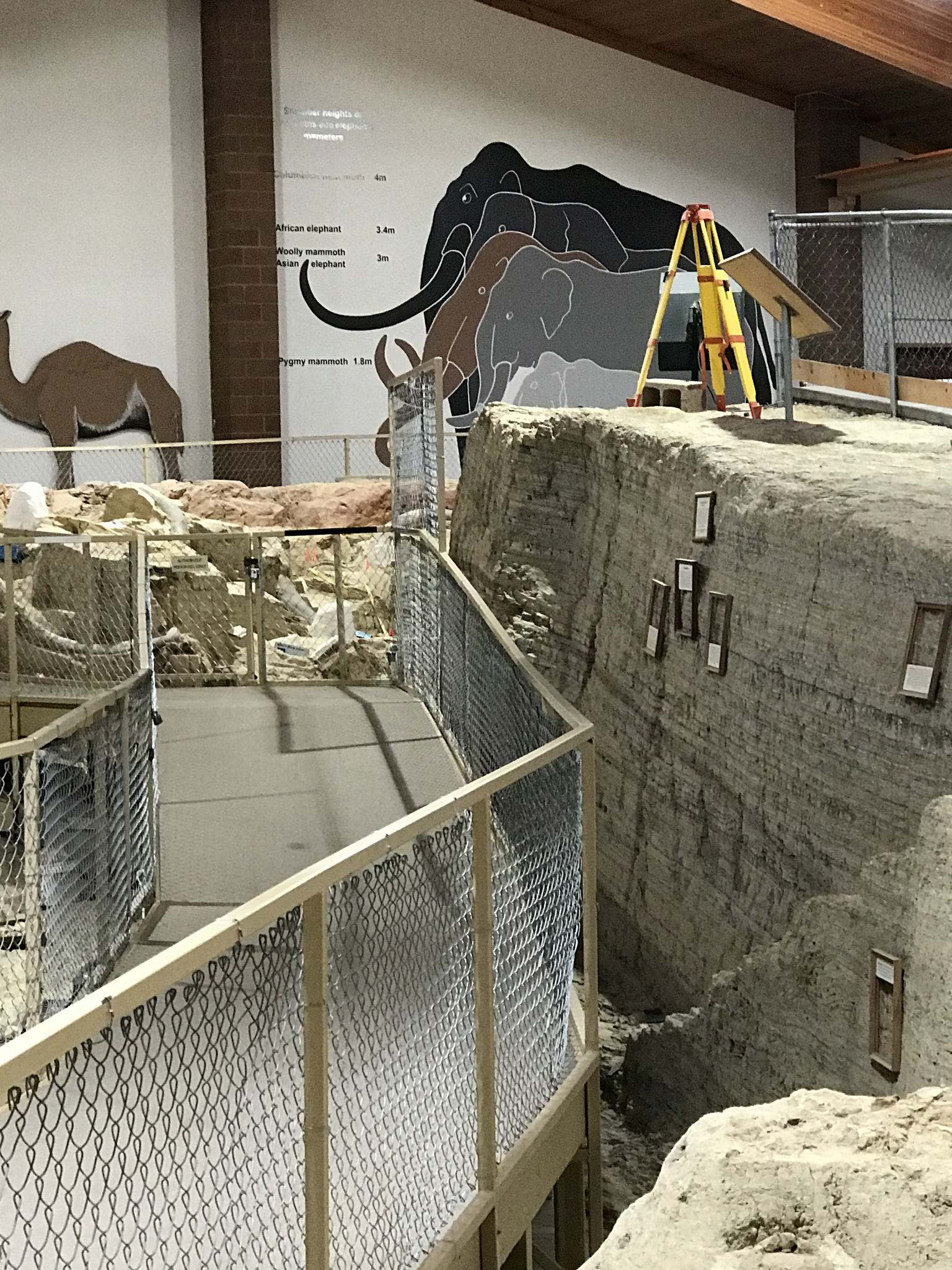
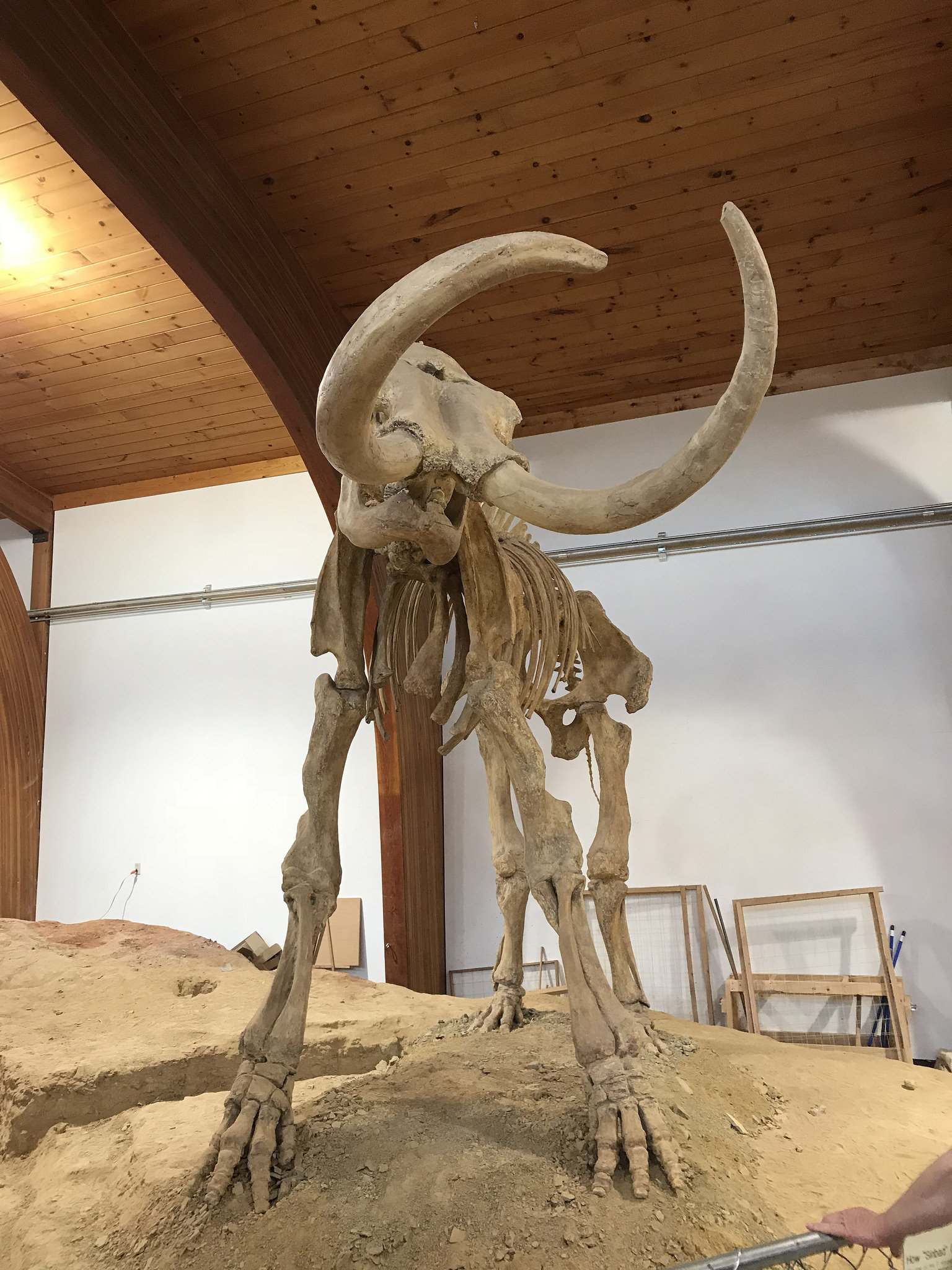
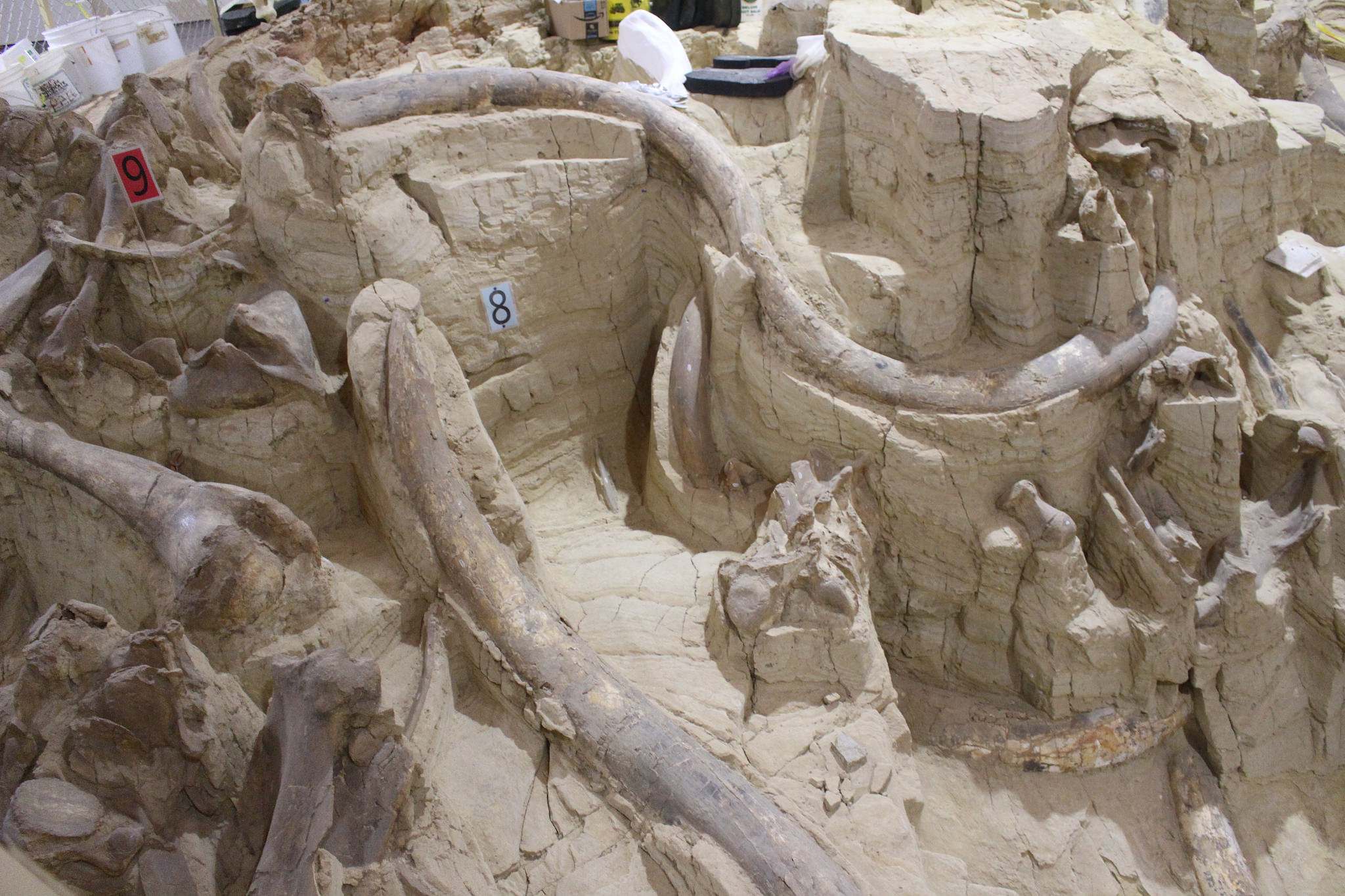
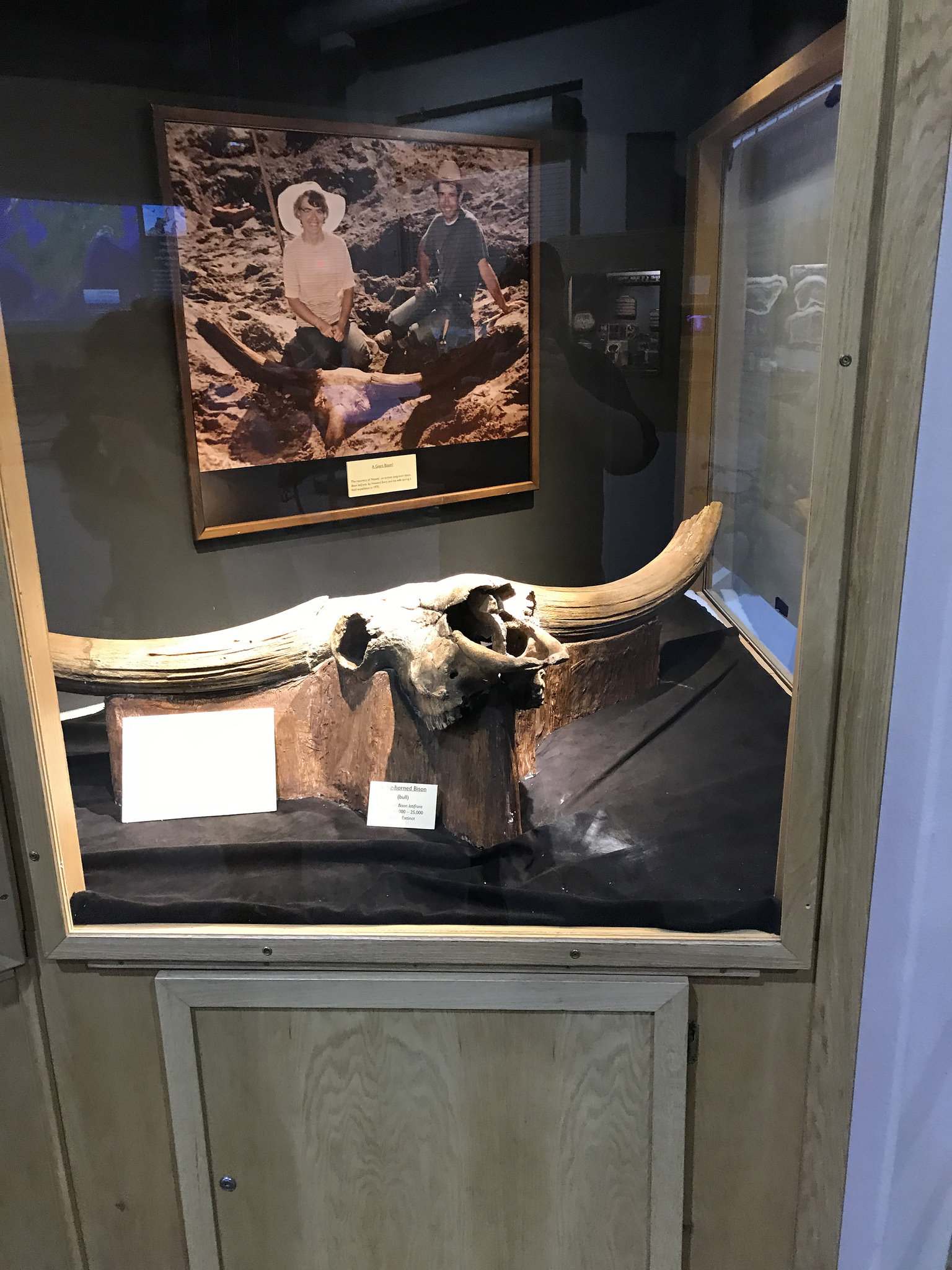
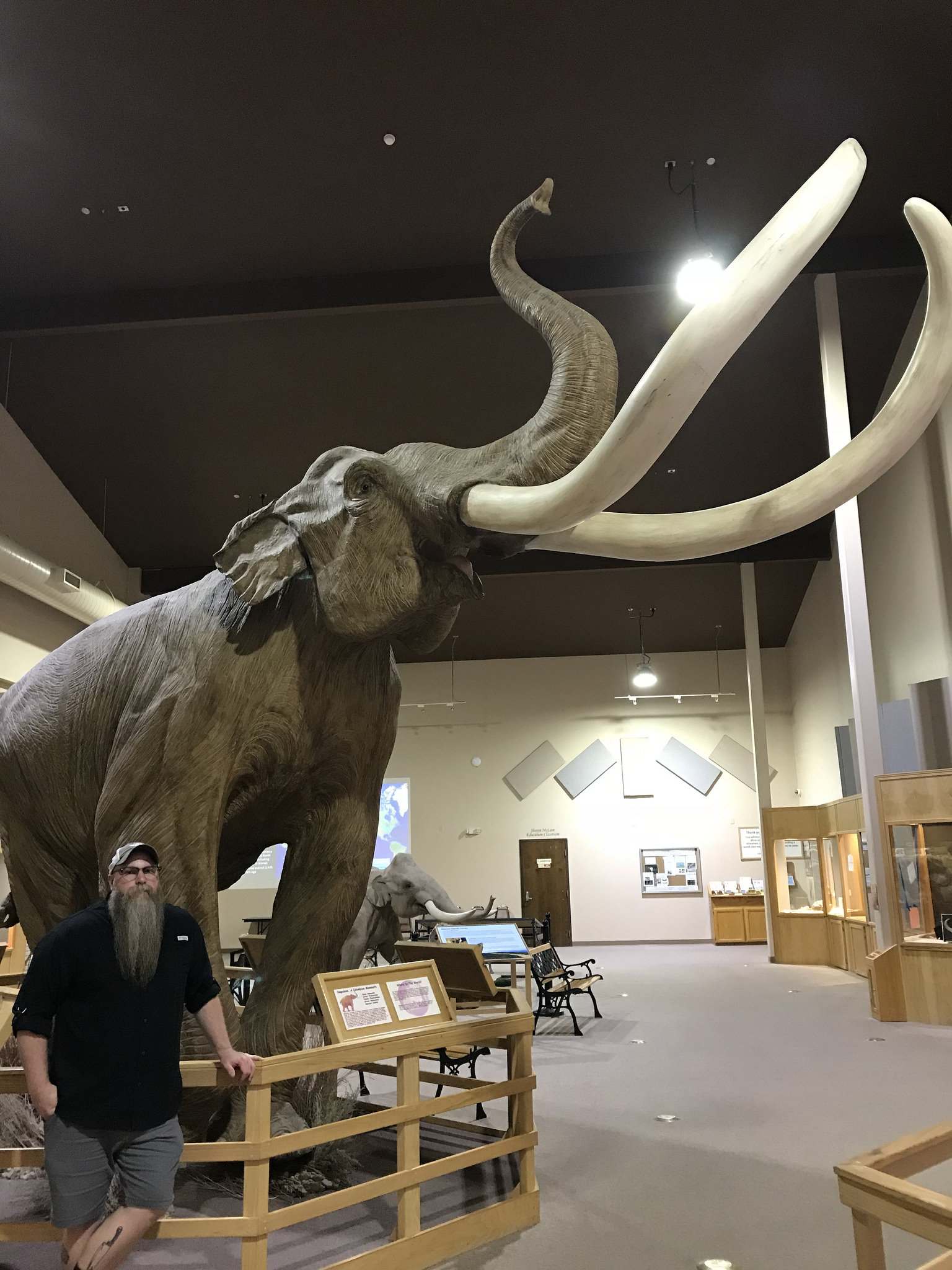
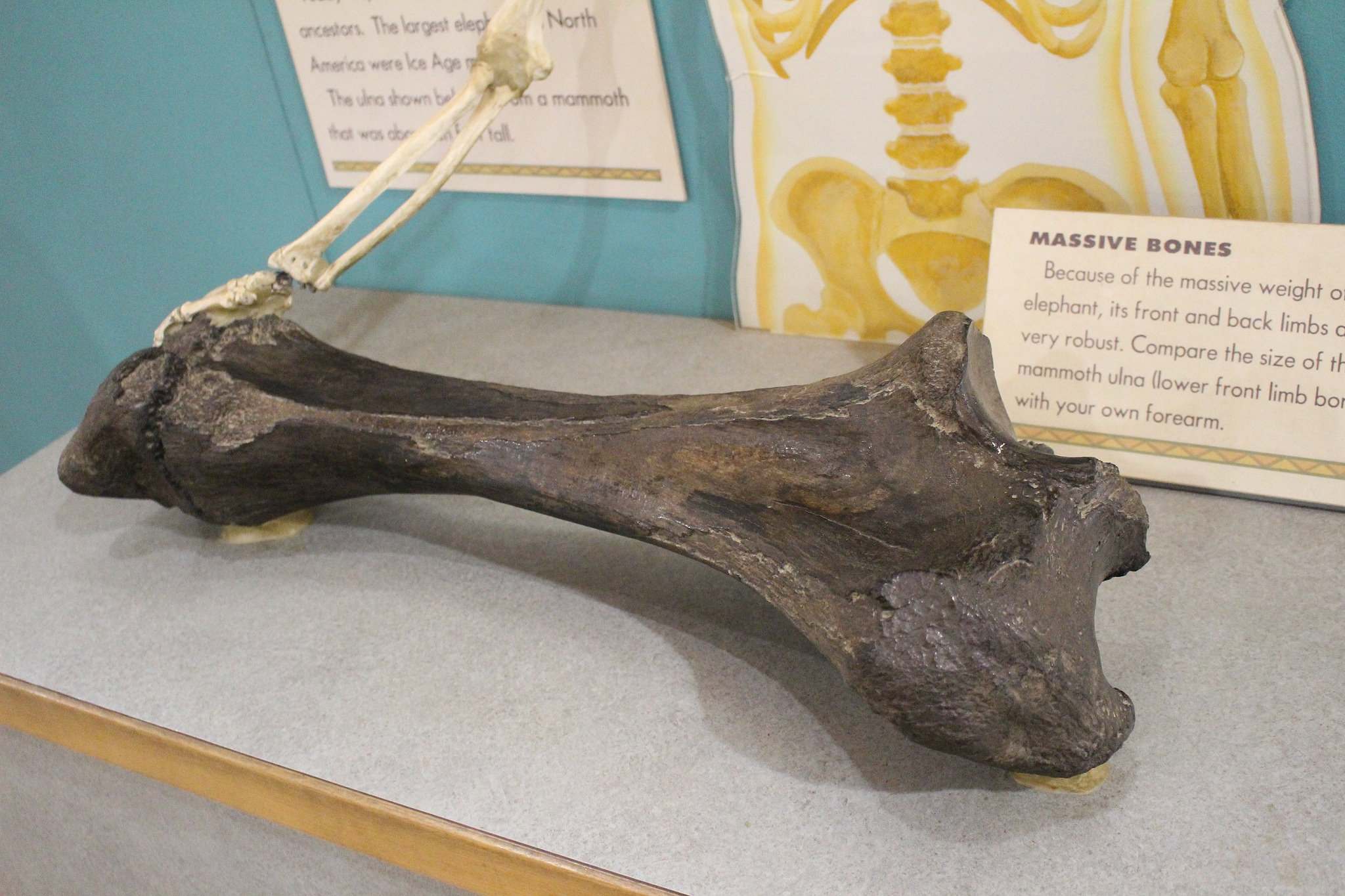
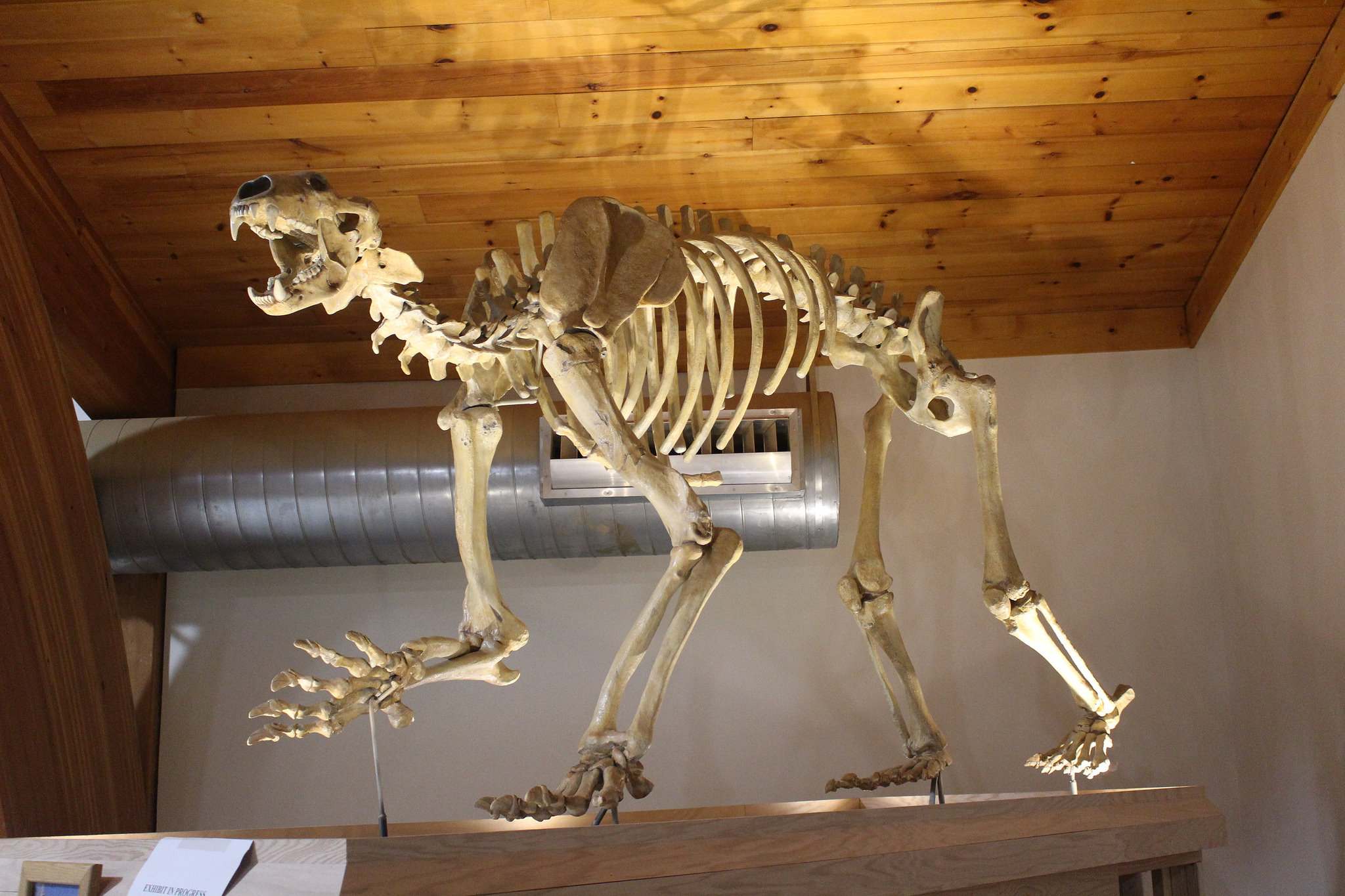
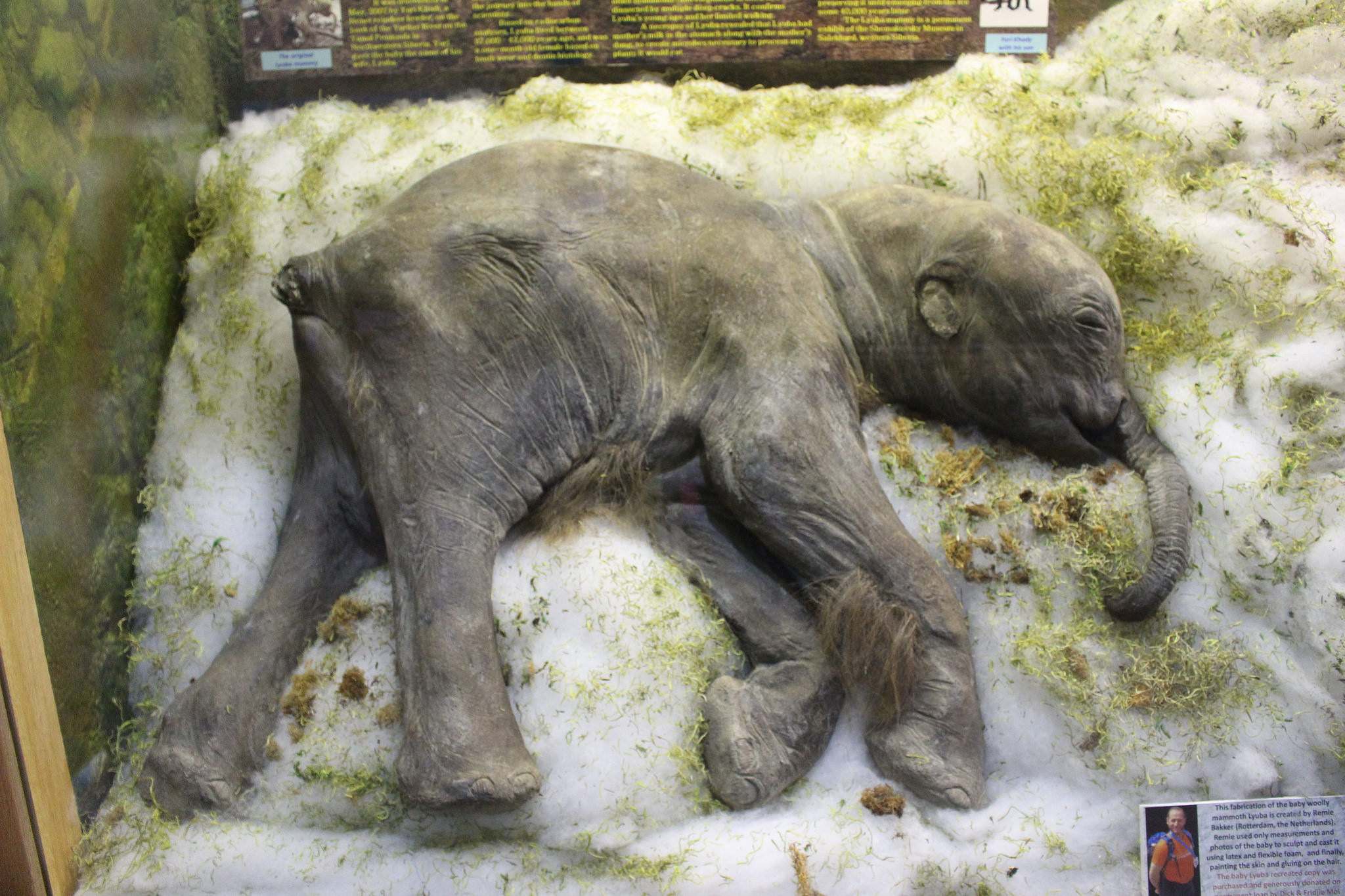
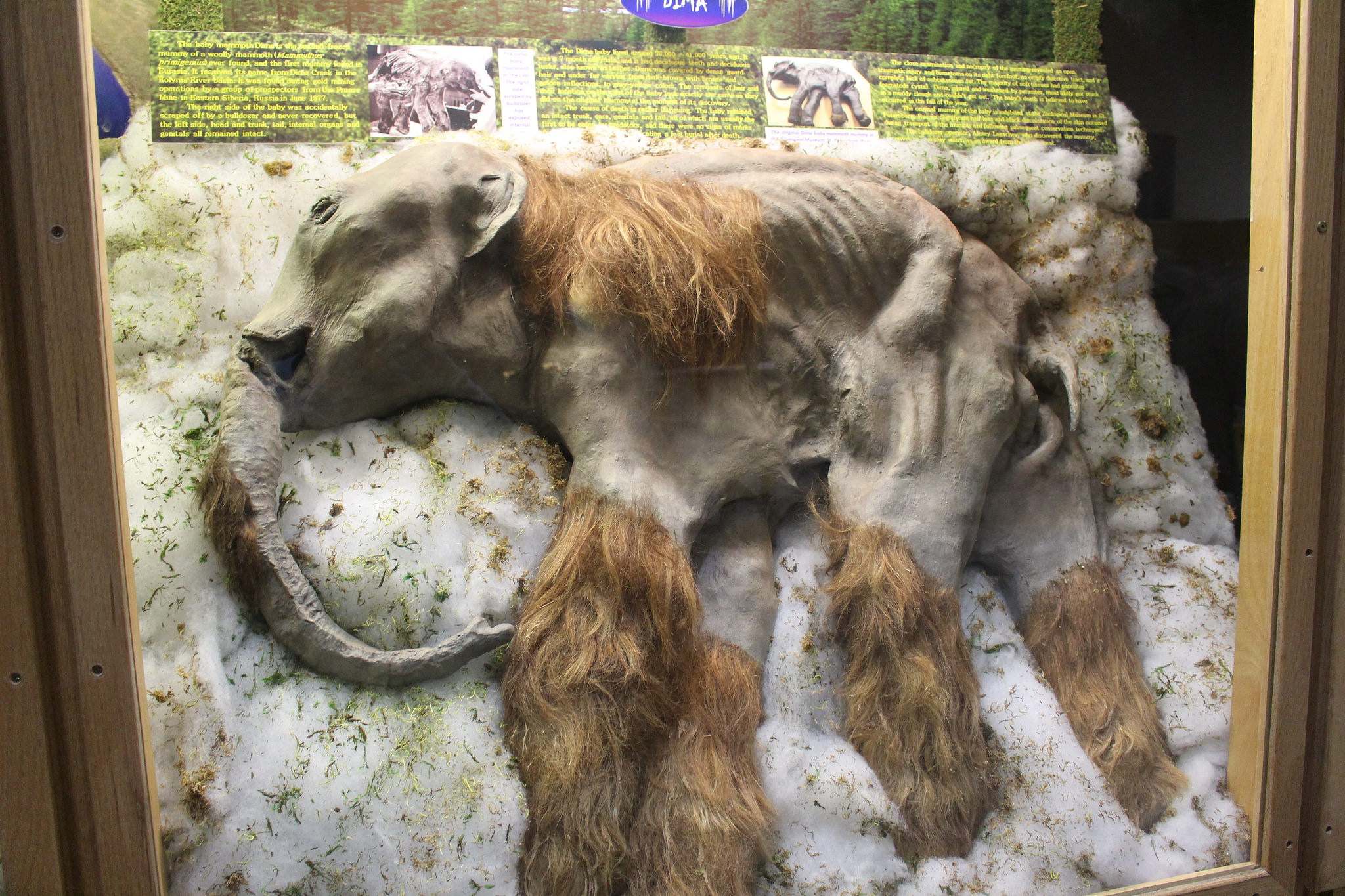
credit: jjandames
Tags: 2018, admission, Dakota, Hot, hot-springs, Mammoth, mammoth-site, Site, South, south-dakota, Springs
Relevant Articles


Vinales Valley is the pride and joy of the citizens of western Cuba and probably of all Cubans. It’s one of the most visited sites in Cuba. Thousands of visitors visit the Valley, go inside its caves, admire its nature and get to know its culture and particular Vinales cuisine. The valley has an area of 132 km2 and is located in the Sierra de los Organos mountains just north of Vinales in the Pinar del Rio Province. The town of Vinales and the scenic valley in which it is located has been a favoured location for living from the earliest days of human settlement on Cuba. It is a great combination of Mother Nature and traditional Cuban art and craft. The town offers plenty of paladares with local food and live music spots, placed along the main street. In 1999, the Valley was declared as a World Heritage Site by UNESCO, in the category of Cultural Landscape.

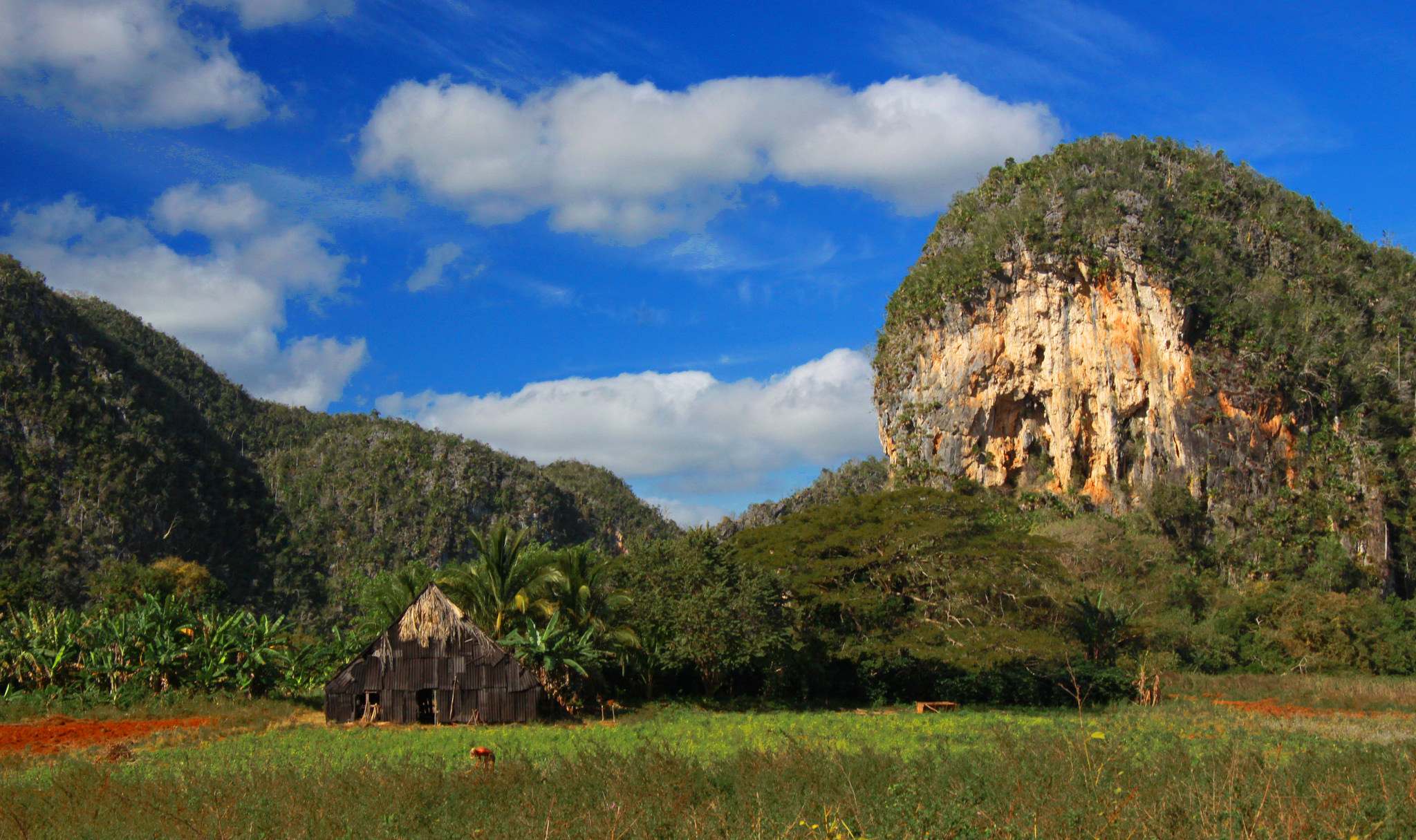

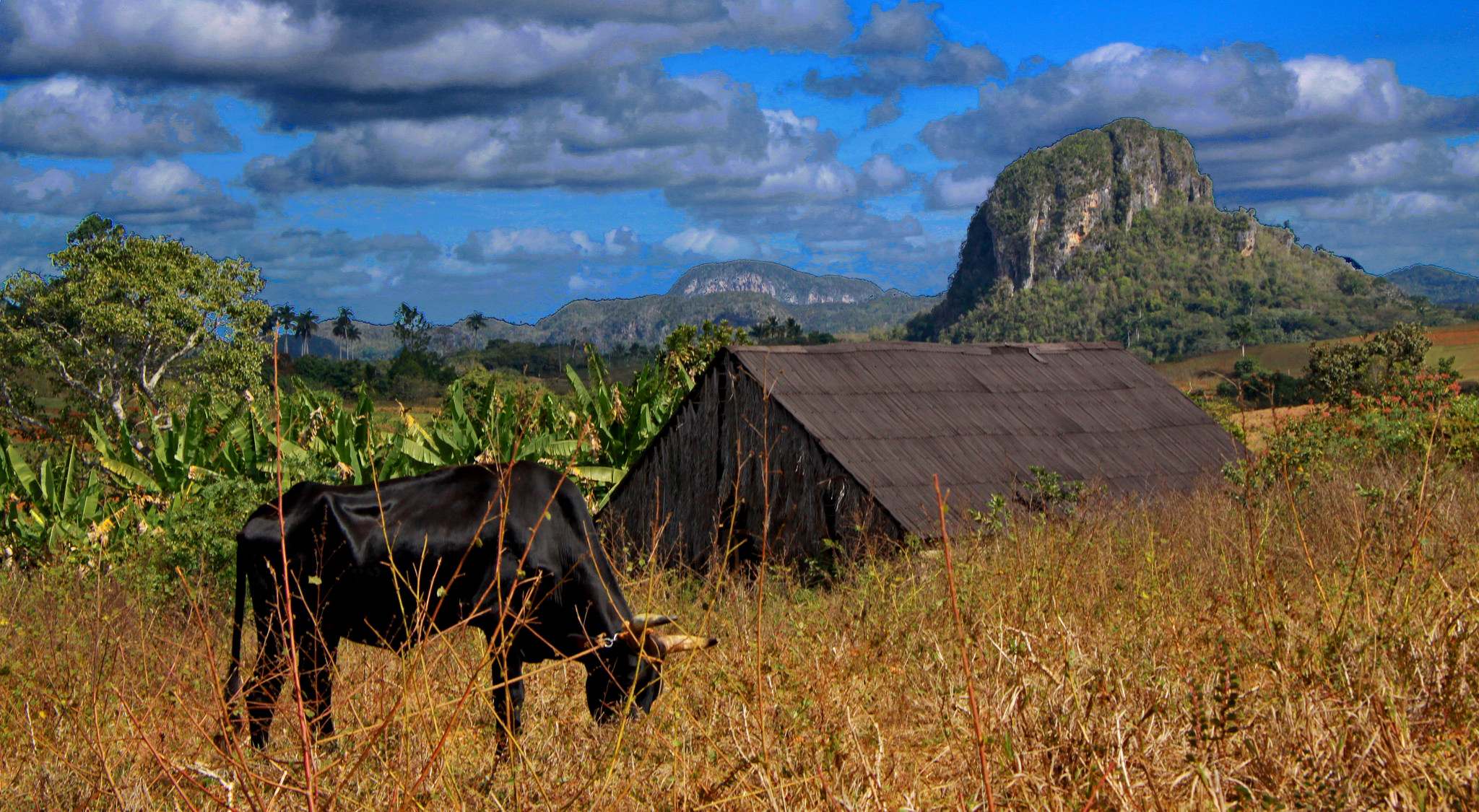


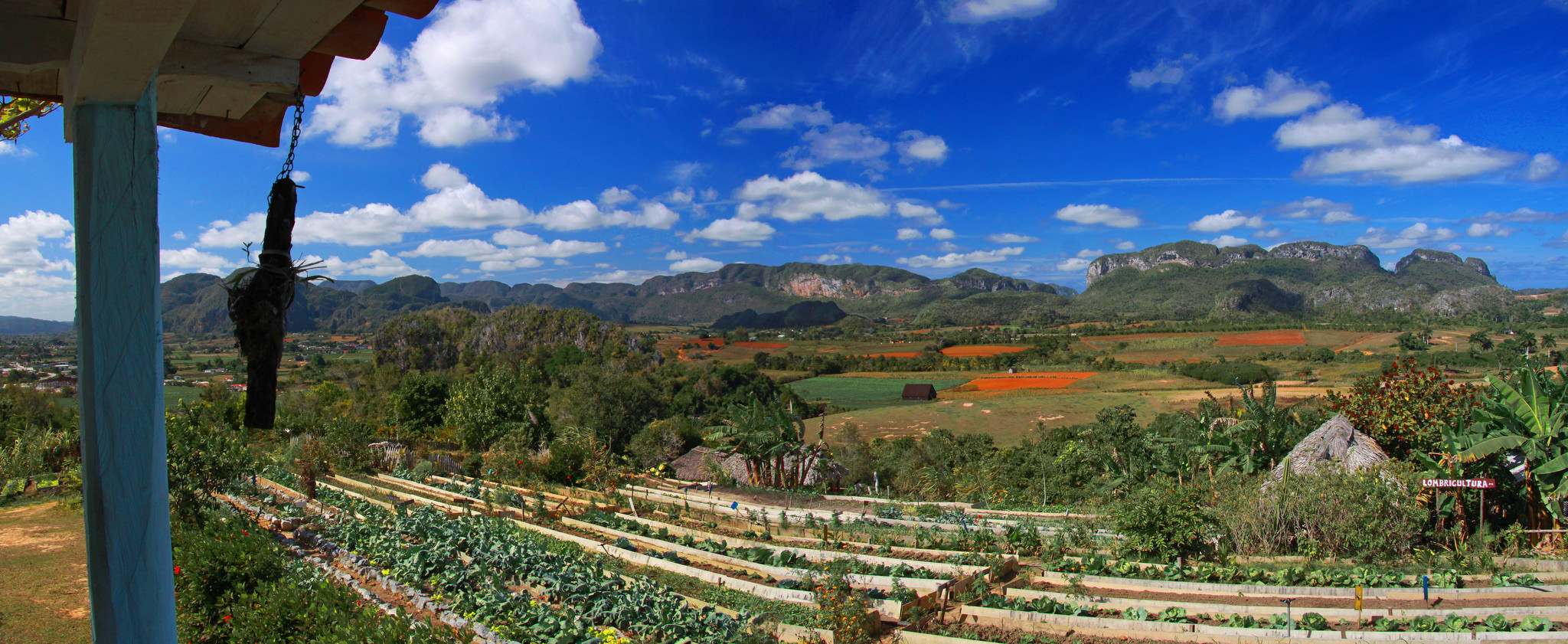
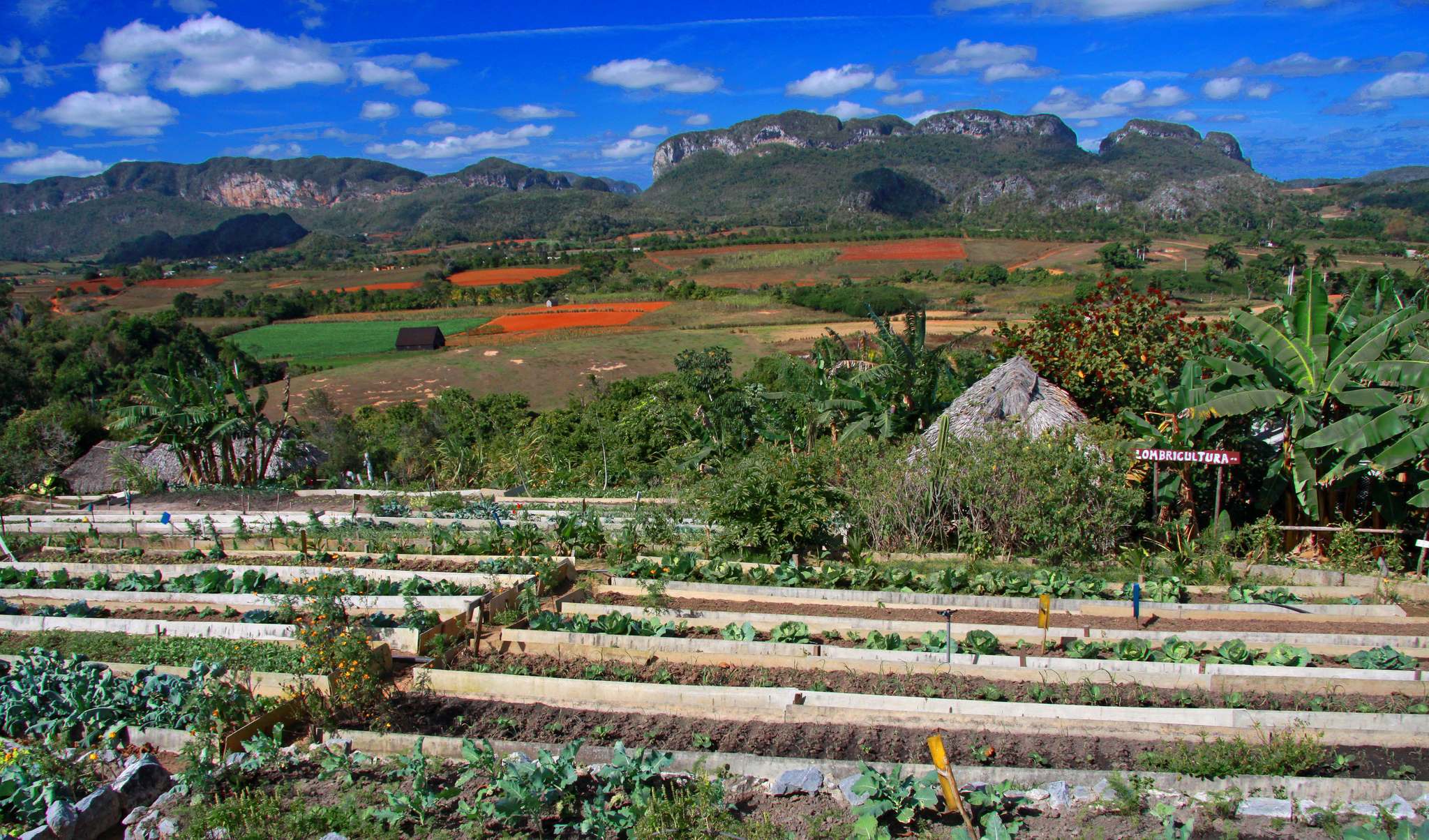
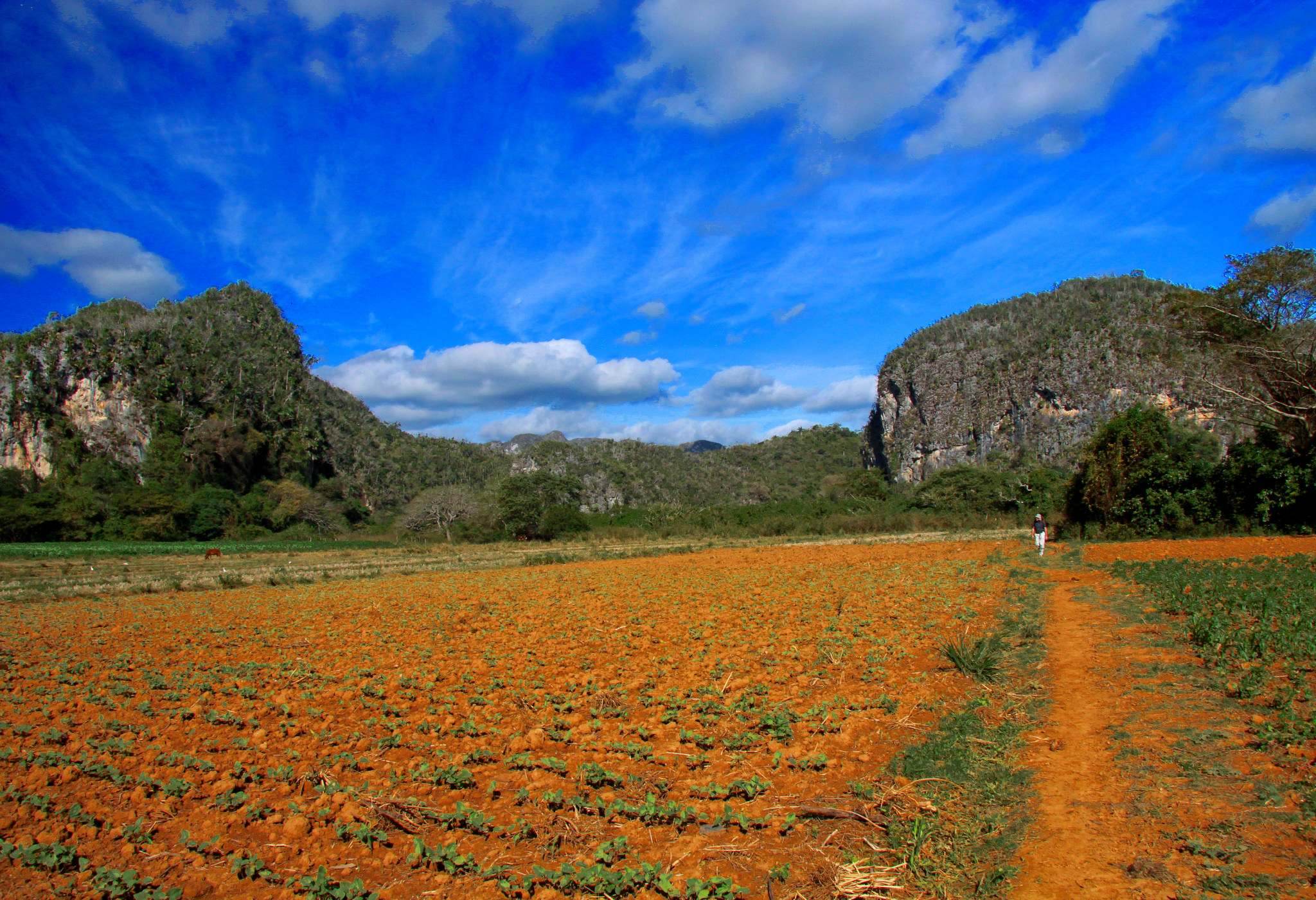



credit: Giam
Tags: Cuba, Guaniguanico, Heritage, Kuba, Site, tobacco-plantation, unesco, valle-de-vinales, Valley, Vinales, vinales-valley, world, World Heritage Site
Relevant Articles
Chateau Frontenac is an imposing building with five brick and stone wings and a central tower erected in seven stages between 1892 and 1993. It is located on a cliff overlooking the St. Lawrence River, within the Québec historic district. The original building burnt to the ground in 1834, and was not rebuilt for 60 years until the original portion of Chateau Frontenac was constructed. Nowadays, the Château Frontenac is a grand hotel in Quebec City, Quebec, Canada, which is operated as Fairmont Le Château Frontenac.

credit: LWY

credit: Lima Pix

credit: Prayitno

credit: po.fortin

credit: LukeGordon1
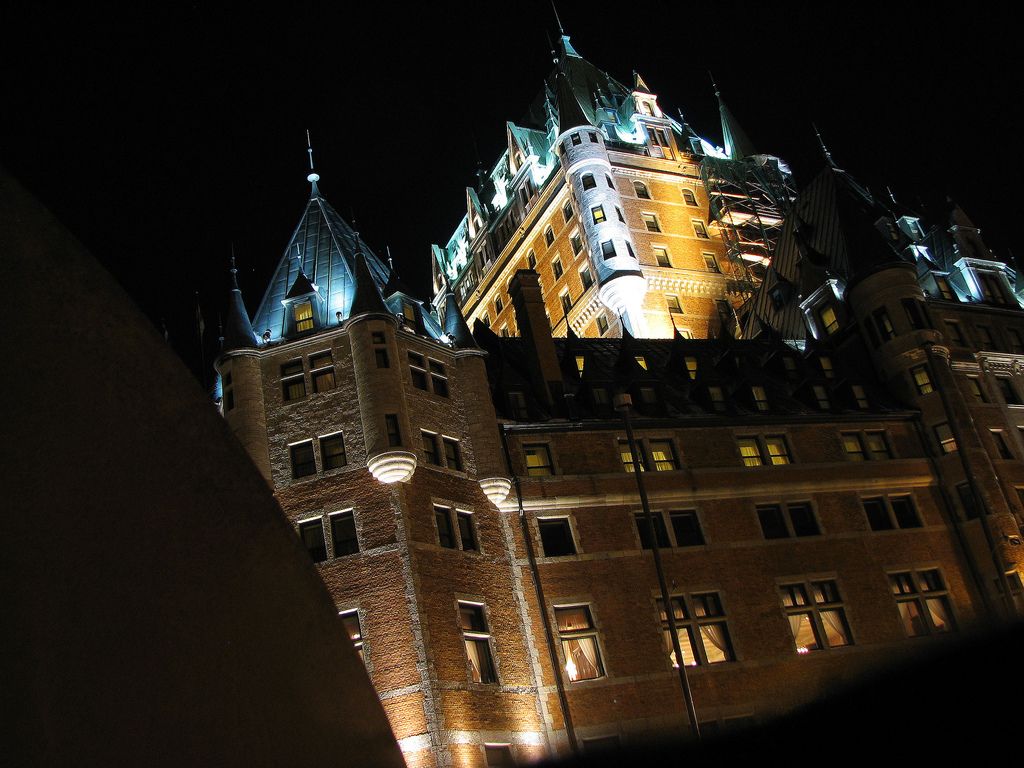
credit: tuchodi
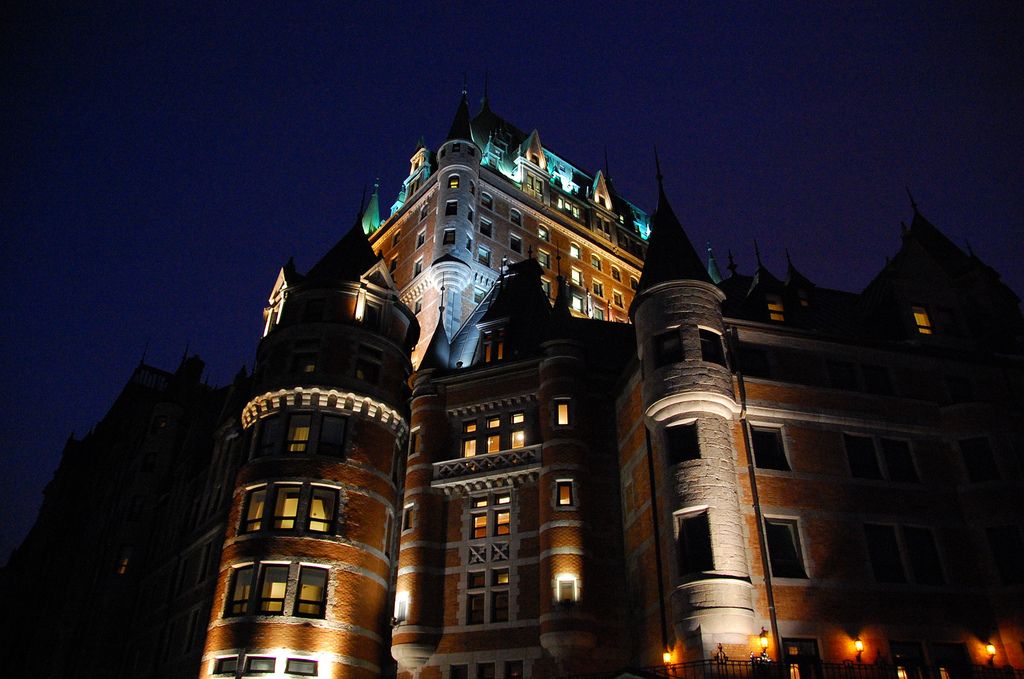
credit: LWY

credit: Martin Cathrae
Tags: Canada, Château, Chateau Frontenac, Fairmont, Frontenac, Haldimand, historic, hotel, Landmark, National, National Historic Site, Quebec, quebec city, Site
Relevant Articles
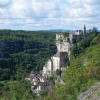

Rocamadour is located about 100 miles north of Toulouse, It is a popular destination for pilgrims and tourists. It attracts 1.5 million visitors each year. It is built on the site of a shrine to a Madonna, the shrine became famous for its healing powers, and soon became a stop on the pilgrimage path to Santiago de Campostela. The village is essentially just one paved street, lined with medieval houses, several of which are notable and many of which are impressive, and passing through stone fortified gateways – the Porte du Figuier and the Porte Salmon are the two main gateways. The buildings of Rocamadour rise in stages up the side of a cliff on the right bank of the Alzou, which here runs between rocky walls 120 metres (390 ft) in height.

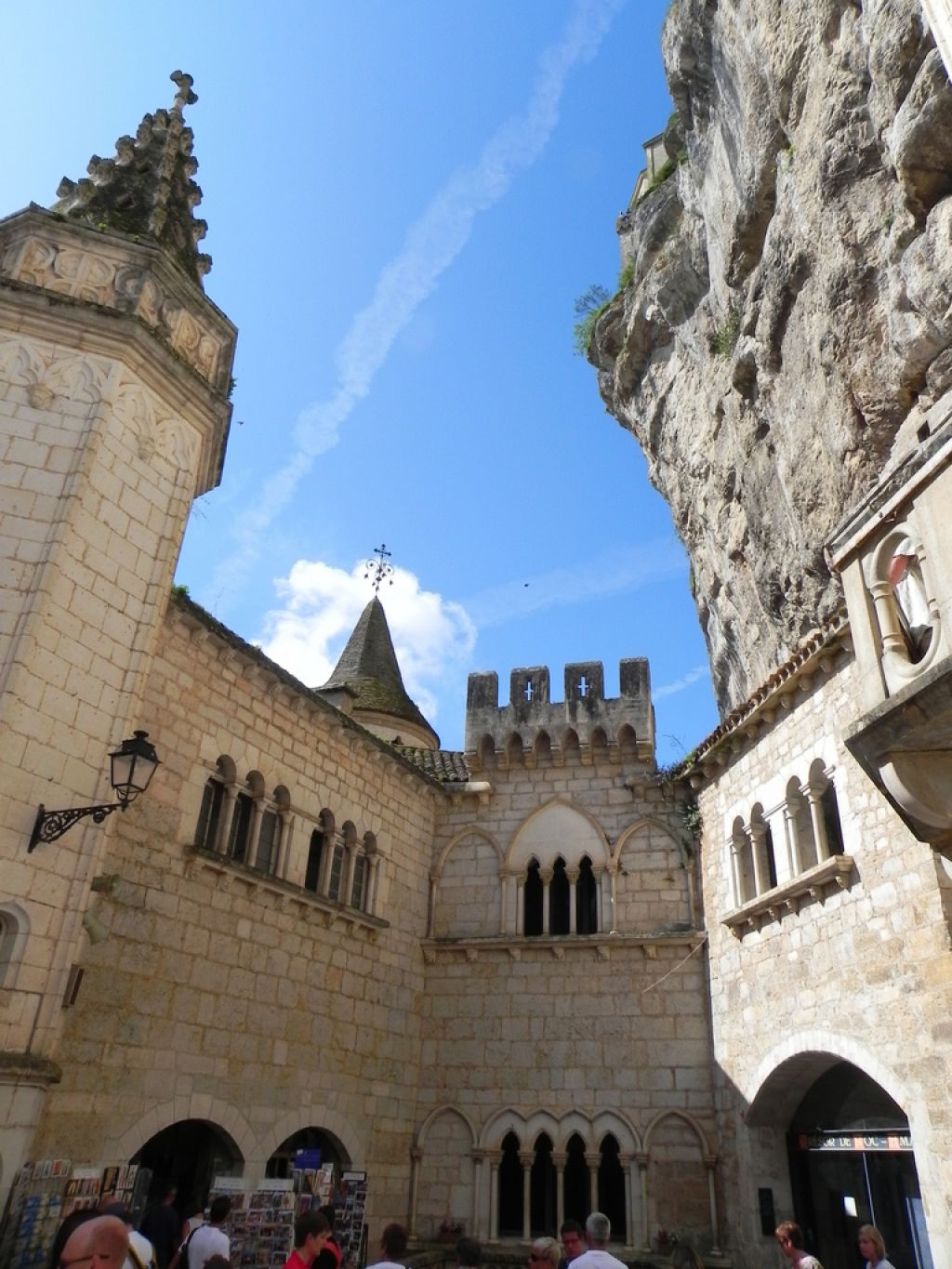
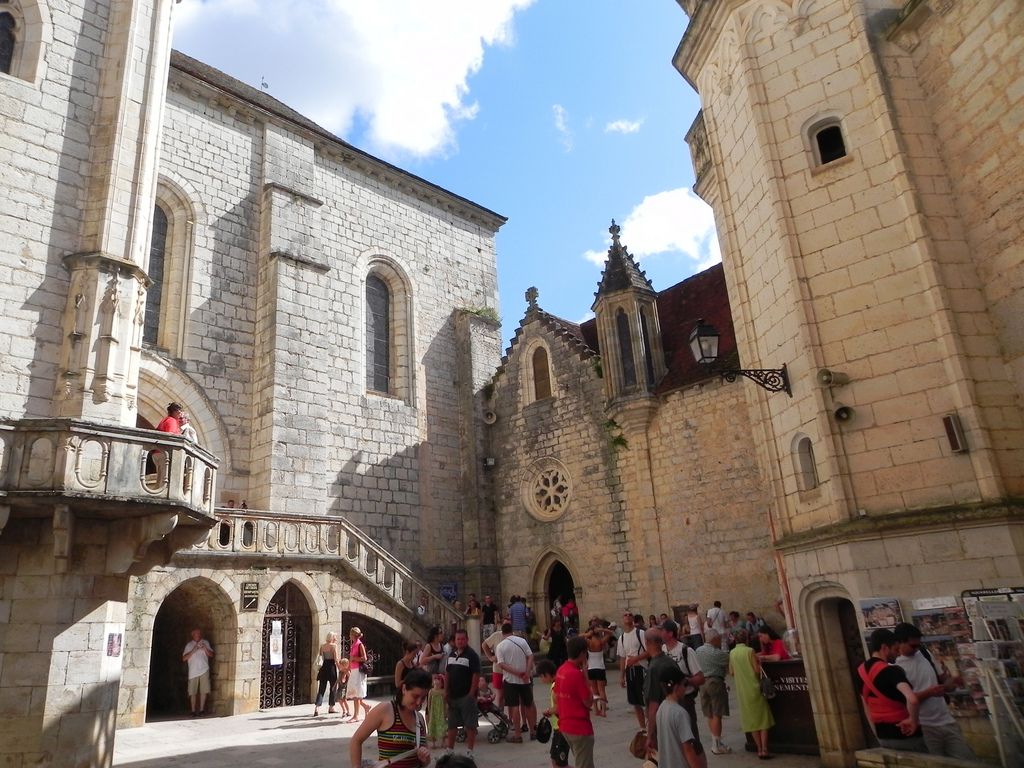
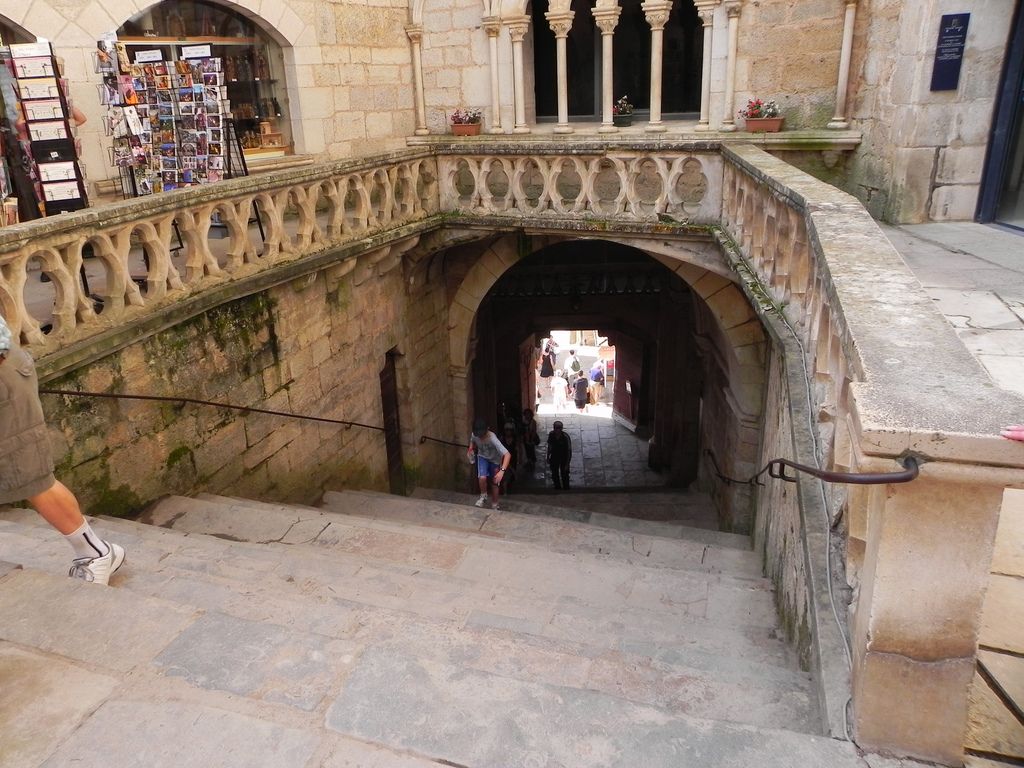
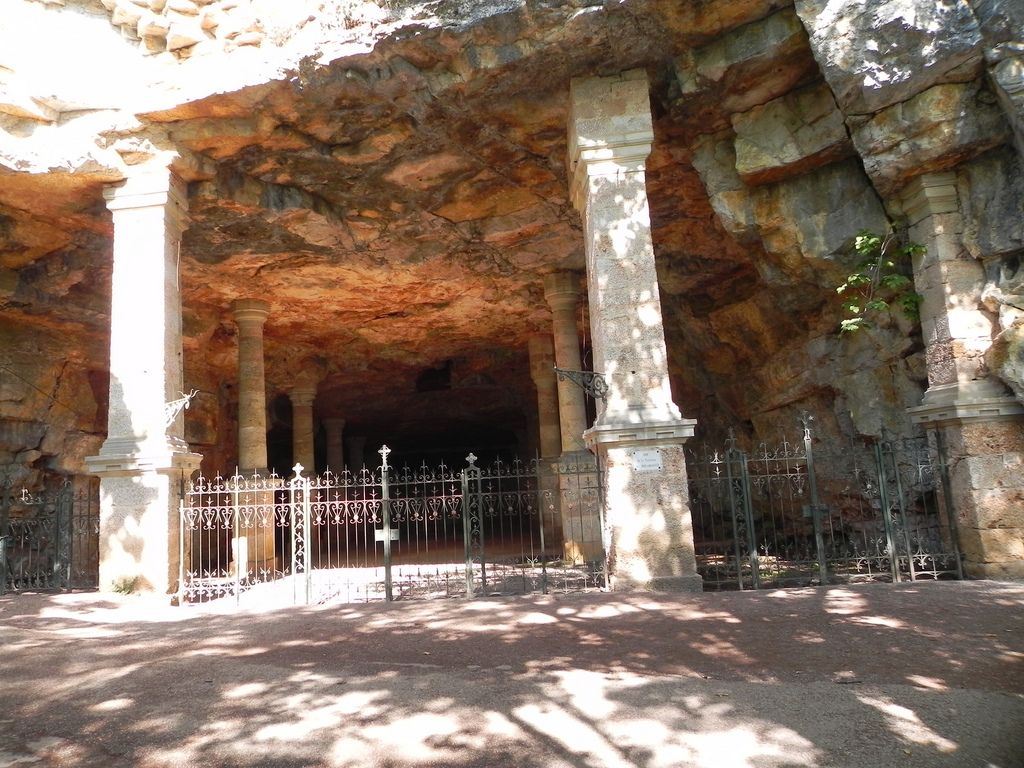
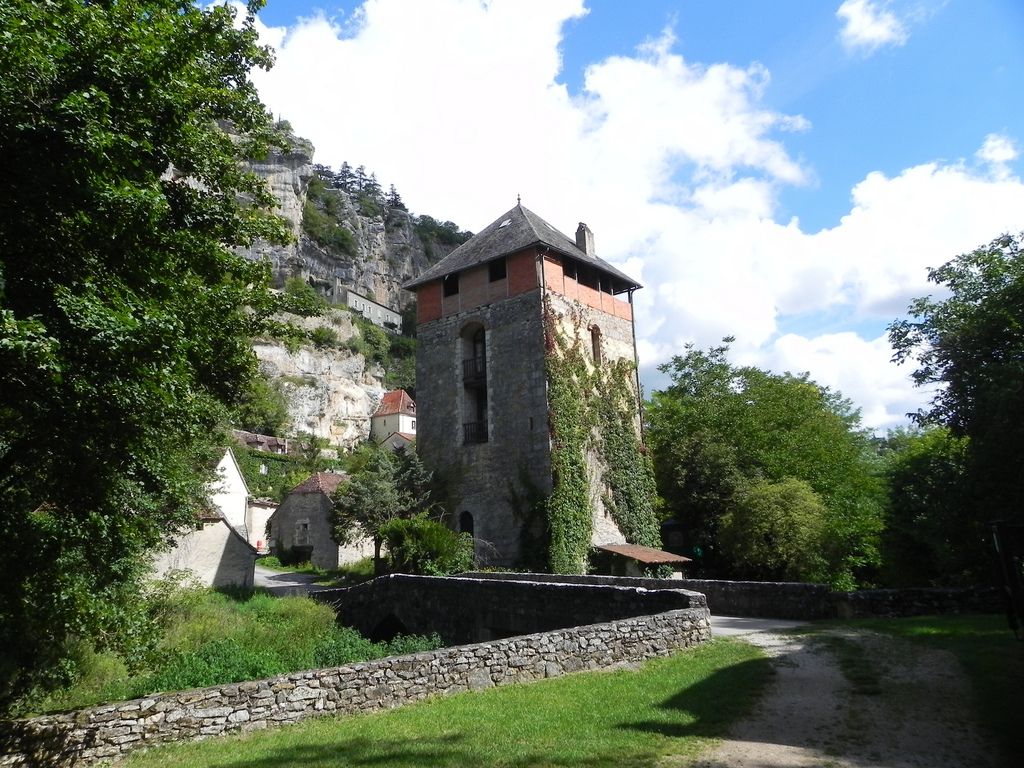
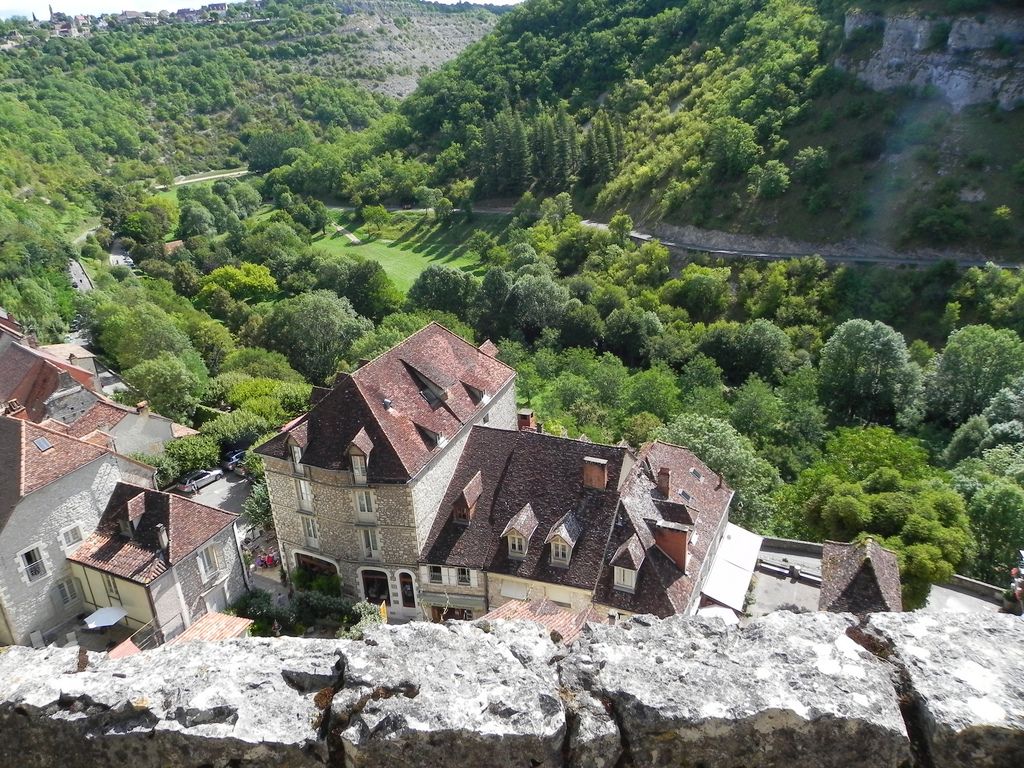
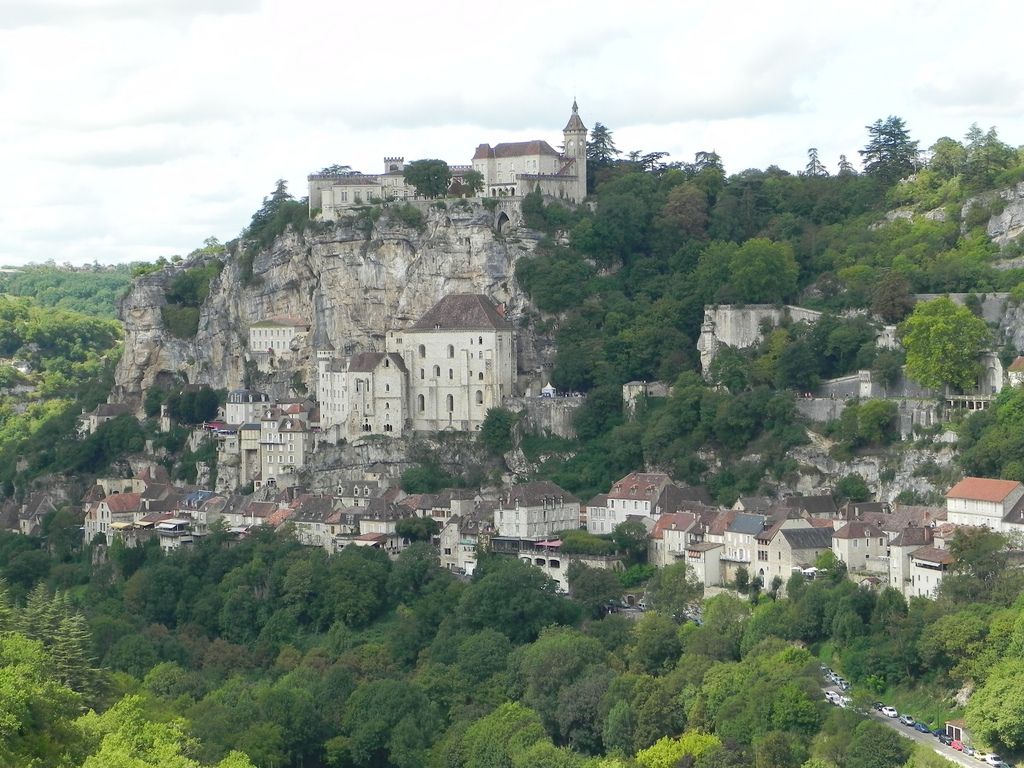
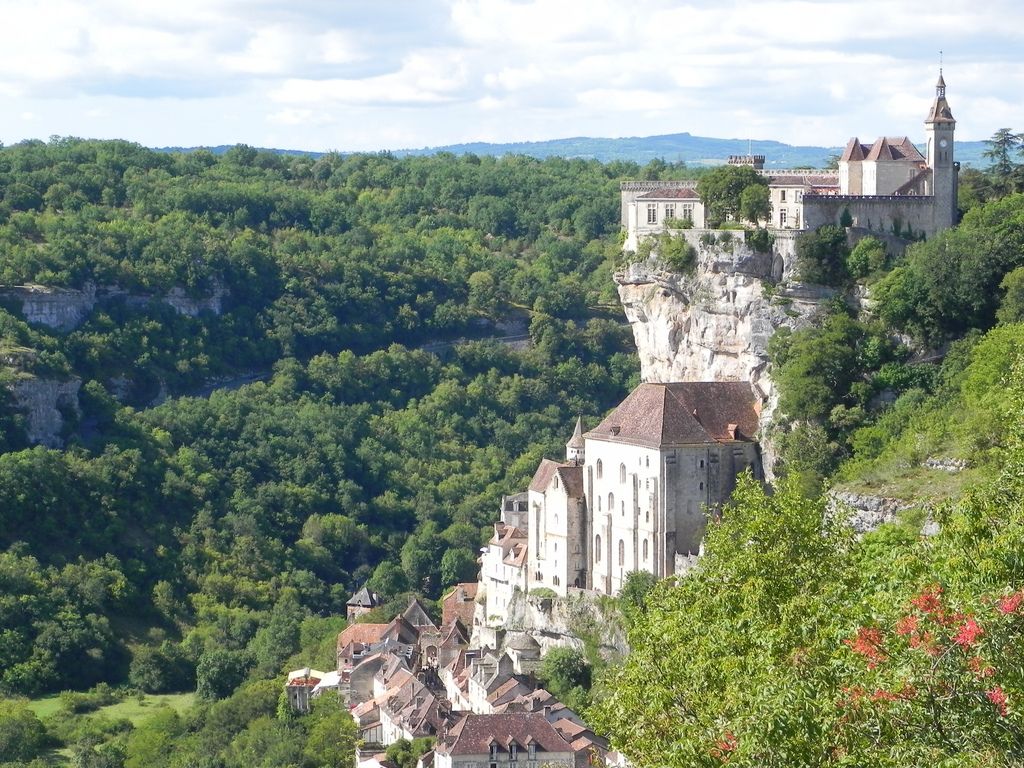
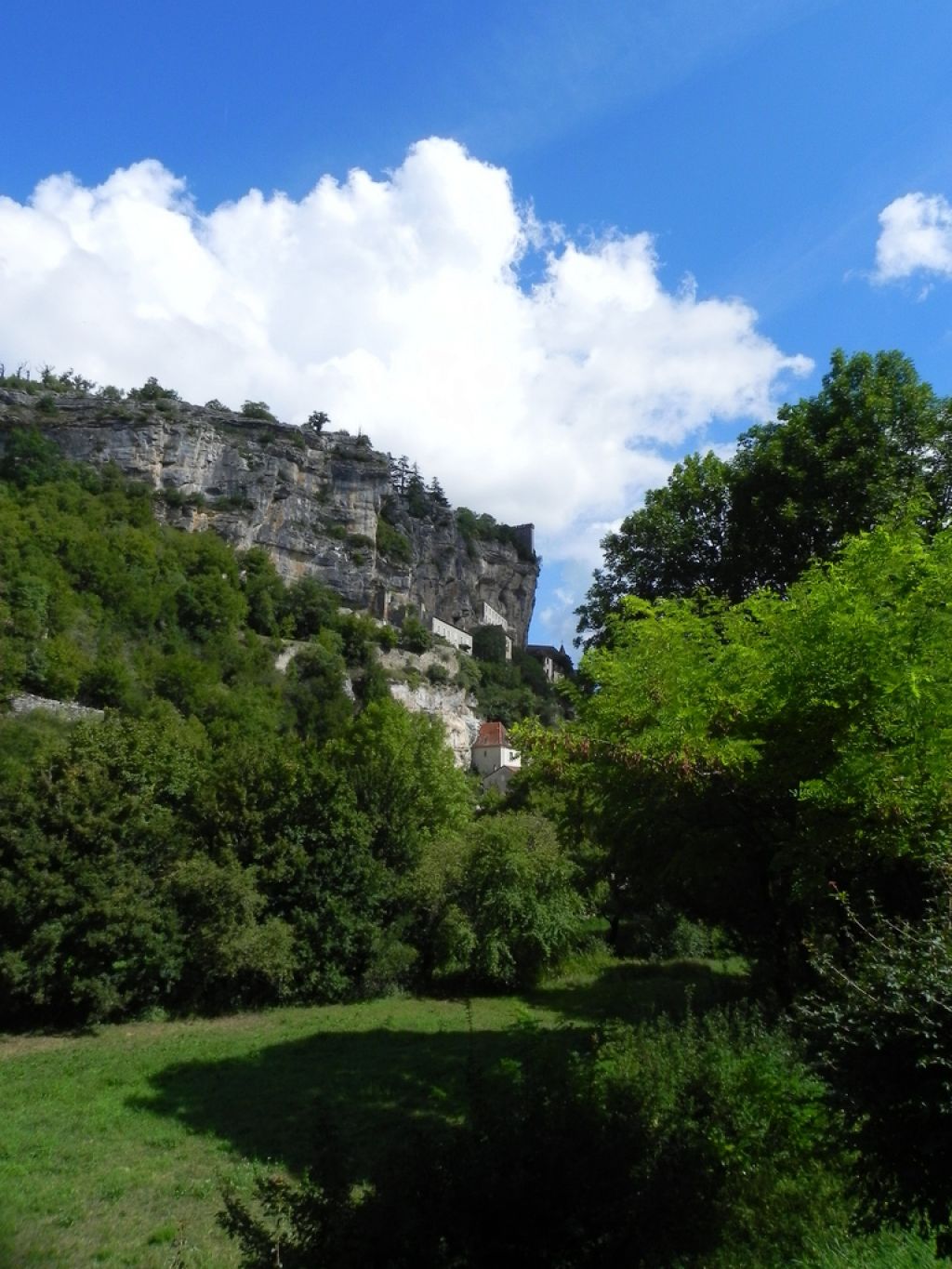
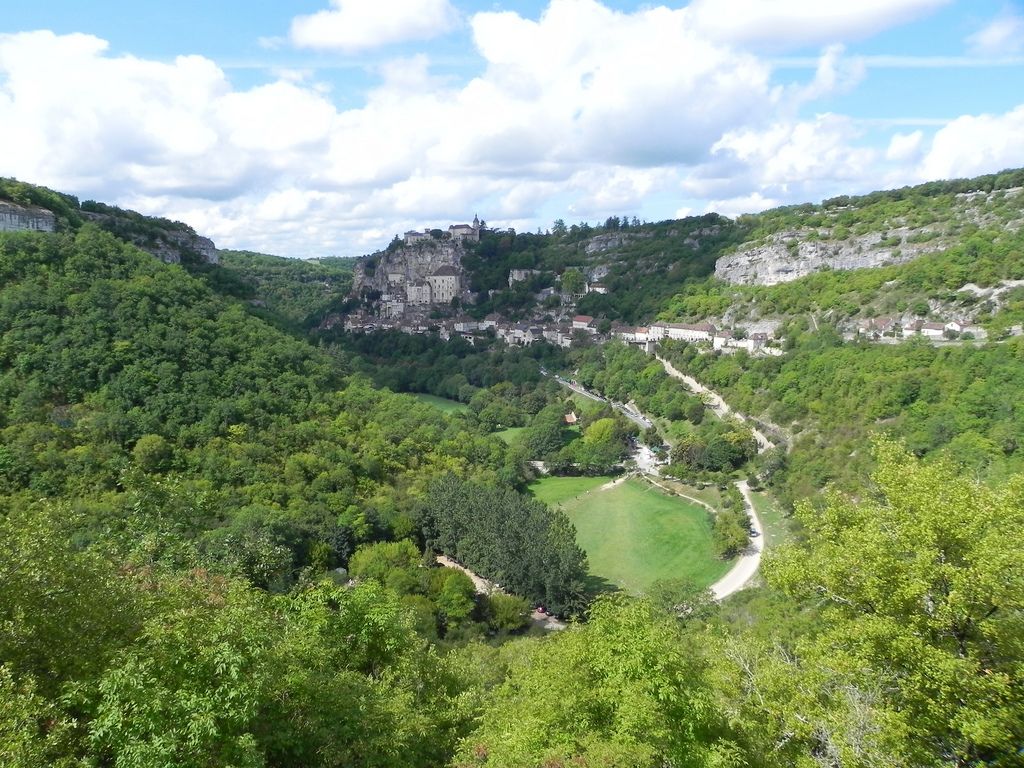
credit: Patrick Nouhailler
Tags: Black Virgin, Blessed Virgin Mary, cahors, canyon Alzou, Natural, perigord noir, Religious, River Dordogne, Rocamadour, Sacred Destinations, sarlat, sarlat dordogne, Site, Spectacular
Relevant Articles
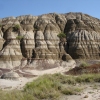

Dinosaur Provincial Park is located about two and a half hours drive southeast of Calgary, Alberta, Canada. The nearly 29-square-mile (75-square-km) park is best known for its extensive fossil beds, within which have been identified some 35 different species of dinosaurs from the Late Cretaceous Epoch (about 100 to 65 million years ago). Over 300 dinosaur skeletons have been found here. The park protects a very complex ecosystem including three communities: prairie grasslands, badlands, and riverside cottonwoods. Its ecosystem is surrounded by prairies but is unique unto itself. The park offers unique and stunning scenery, great camping and over a dozen interpretive programs designed to educate and entertain visitors of all ages.

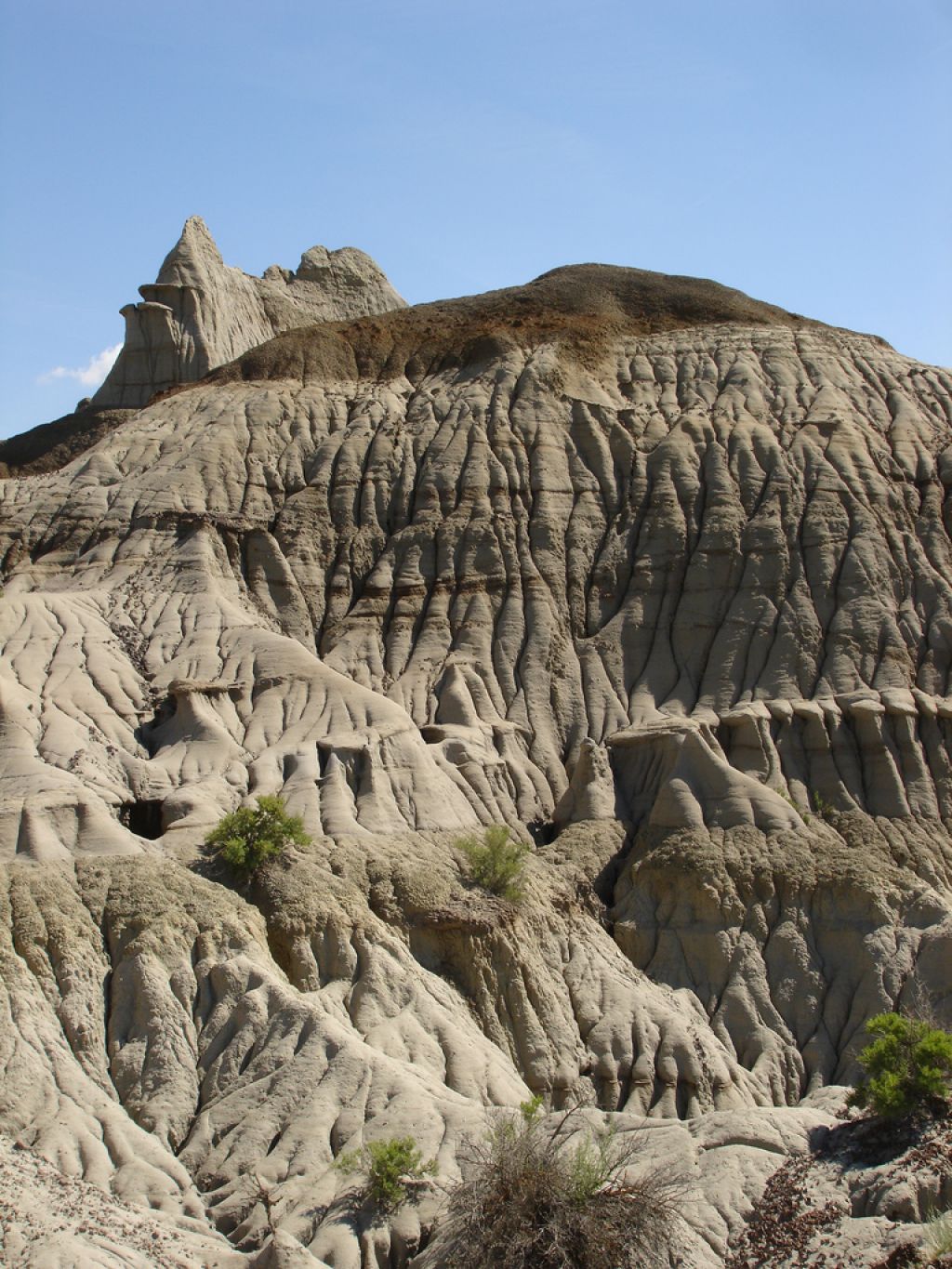
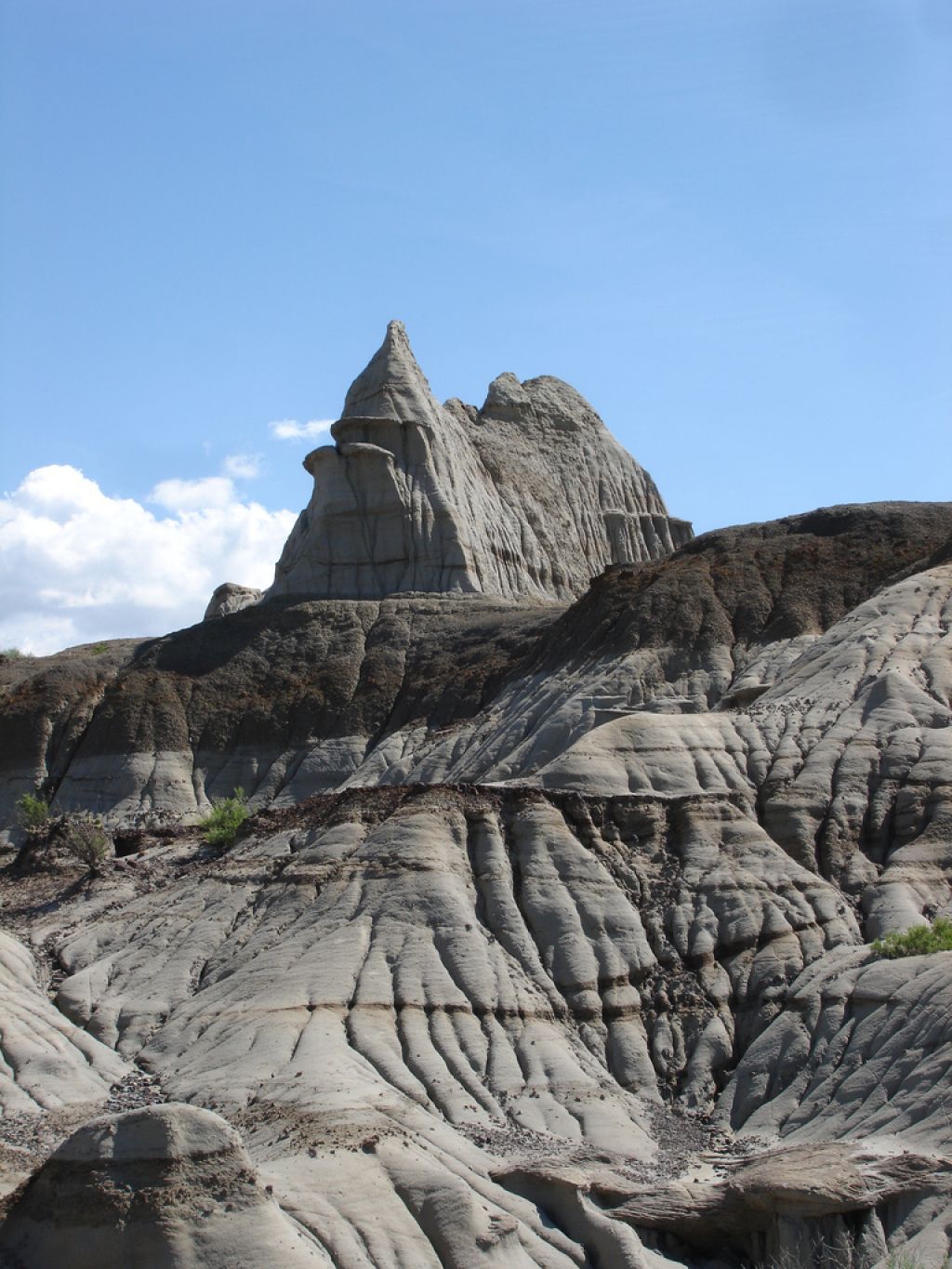
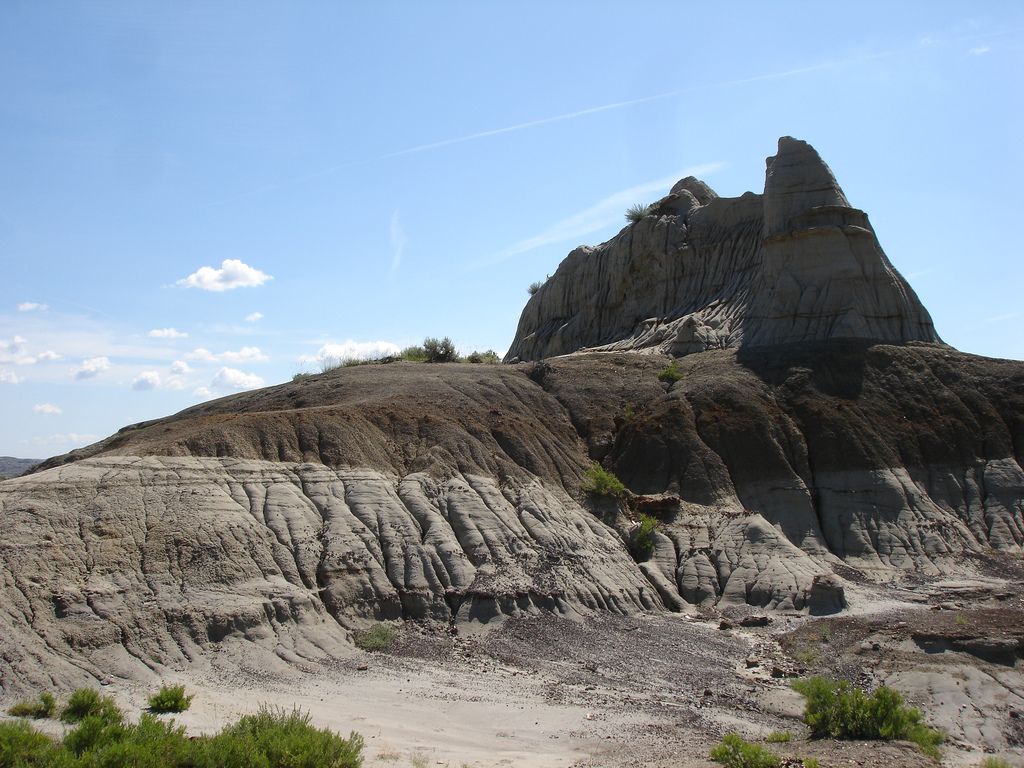
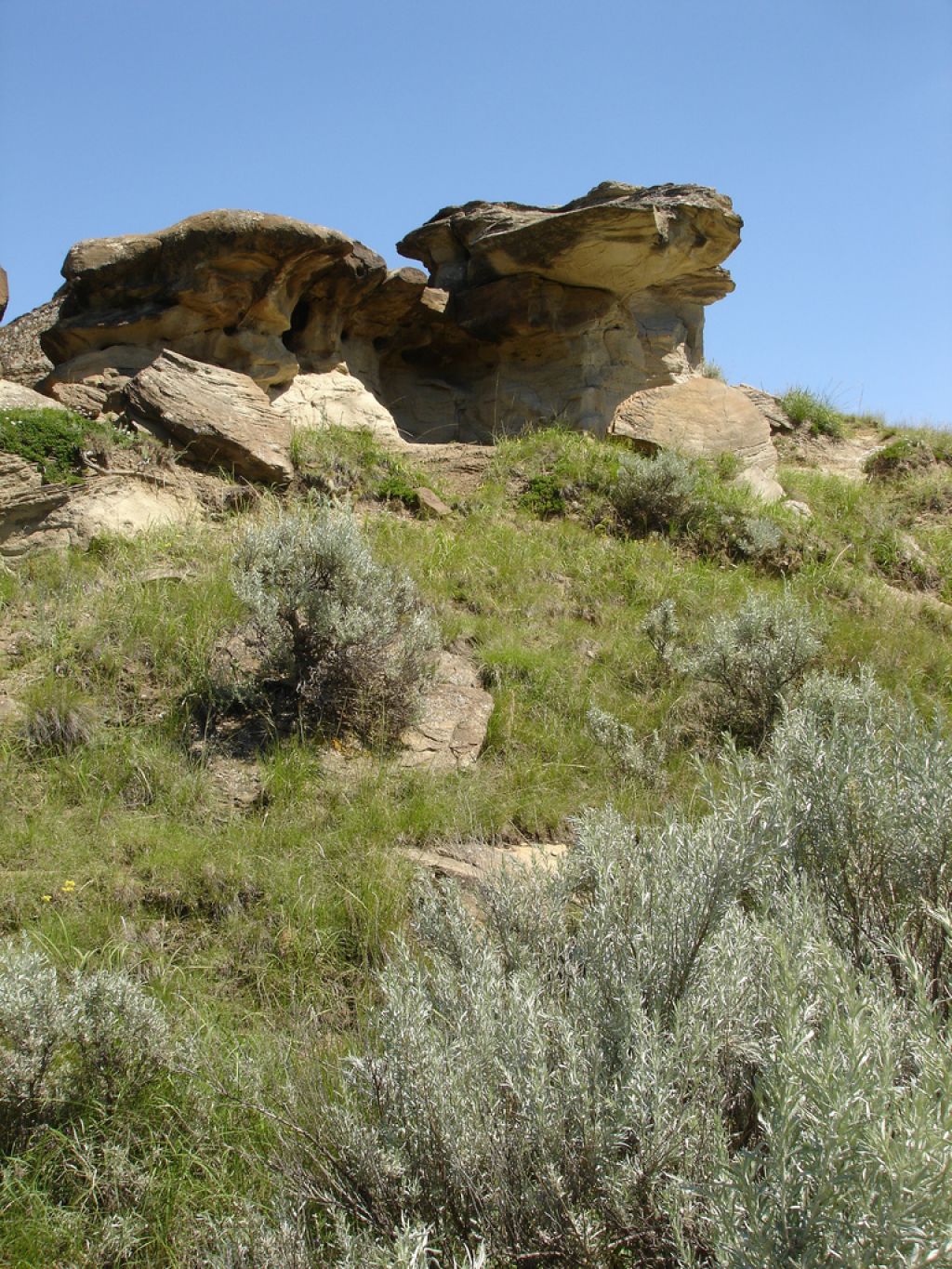
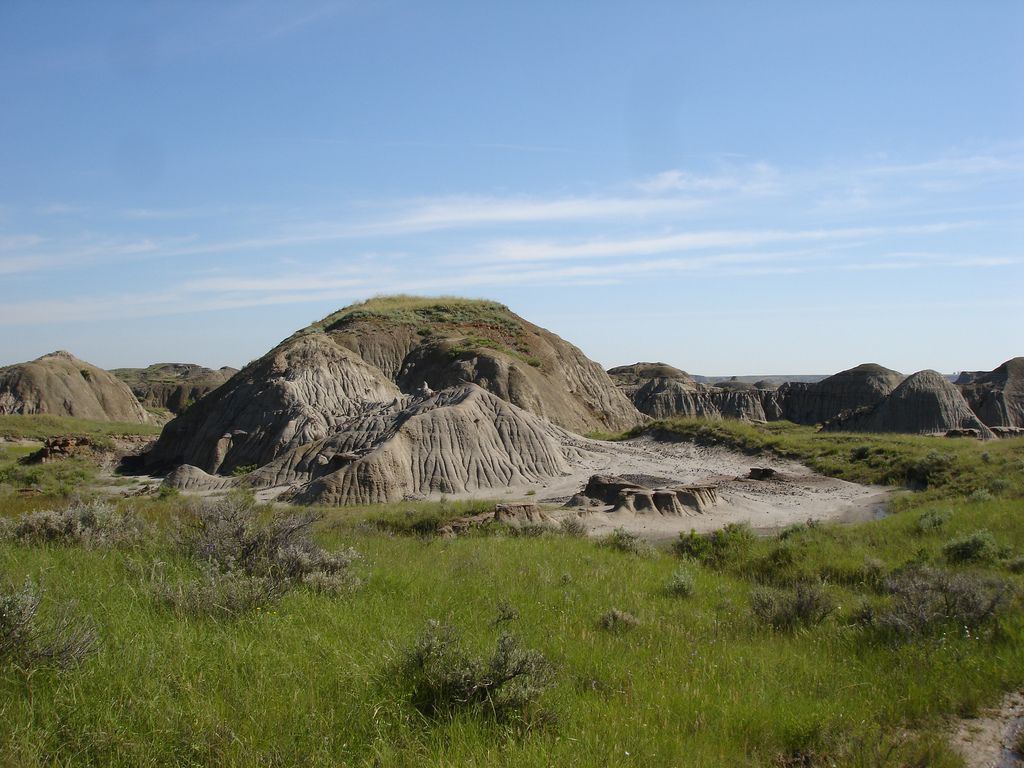
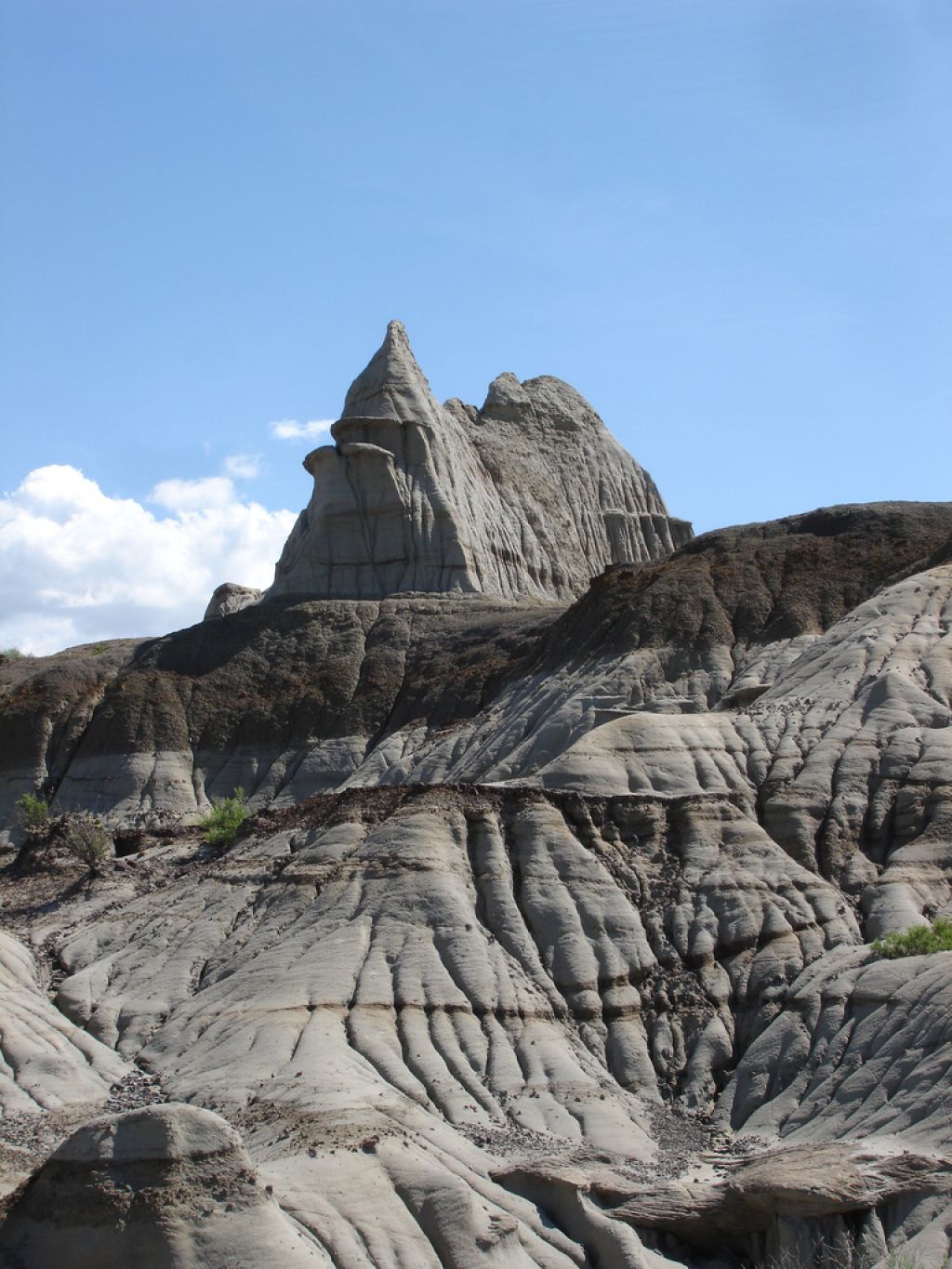
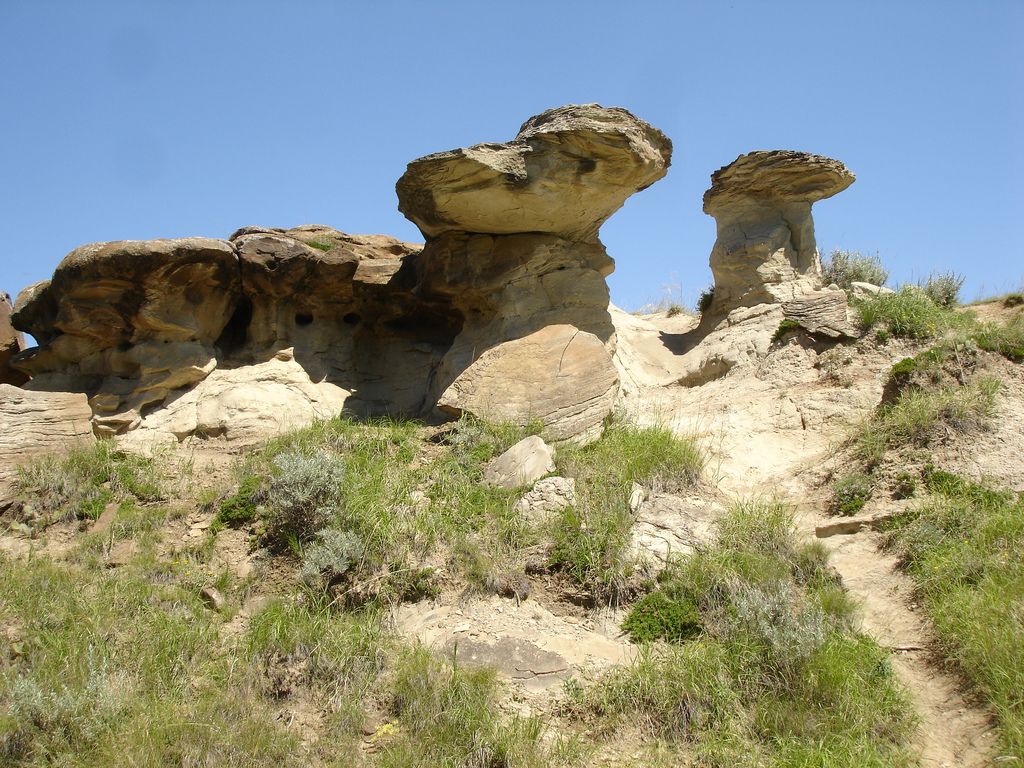
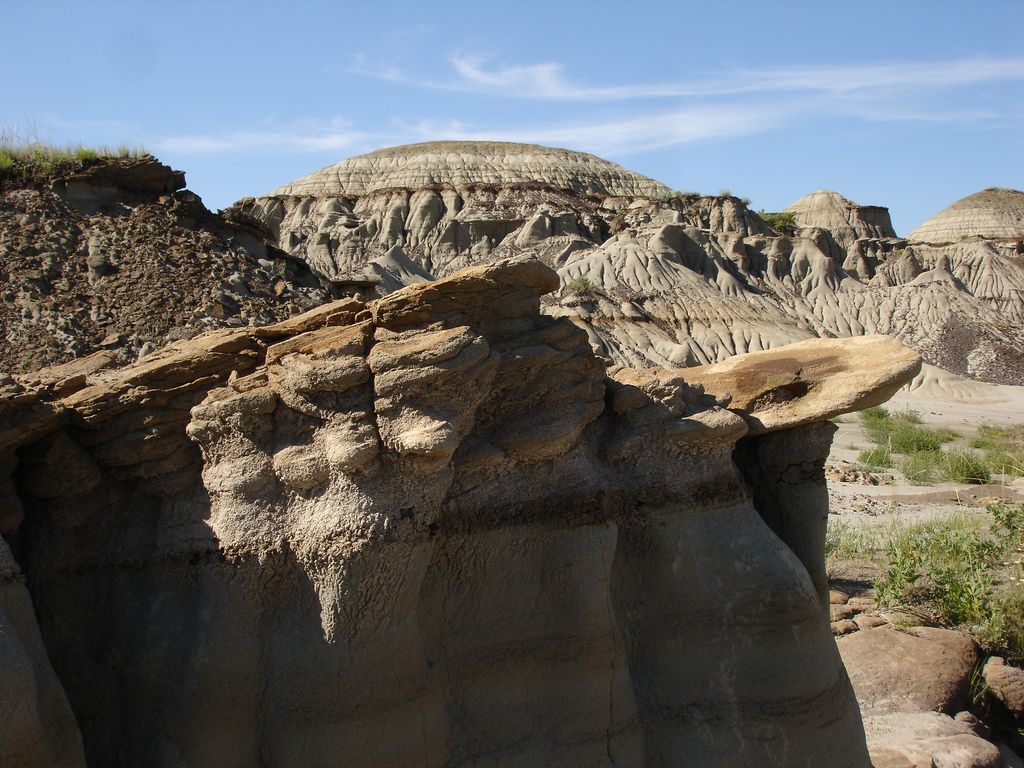
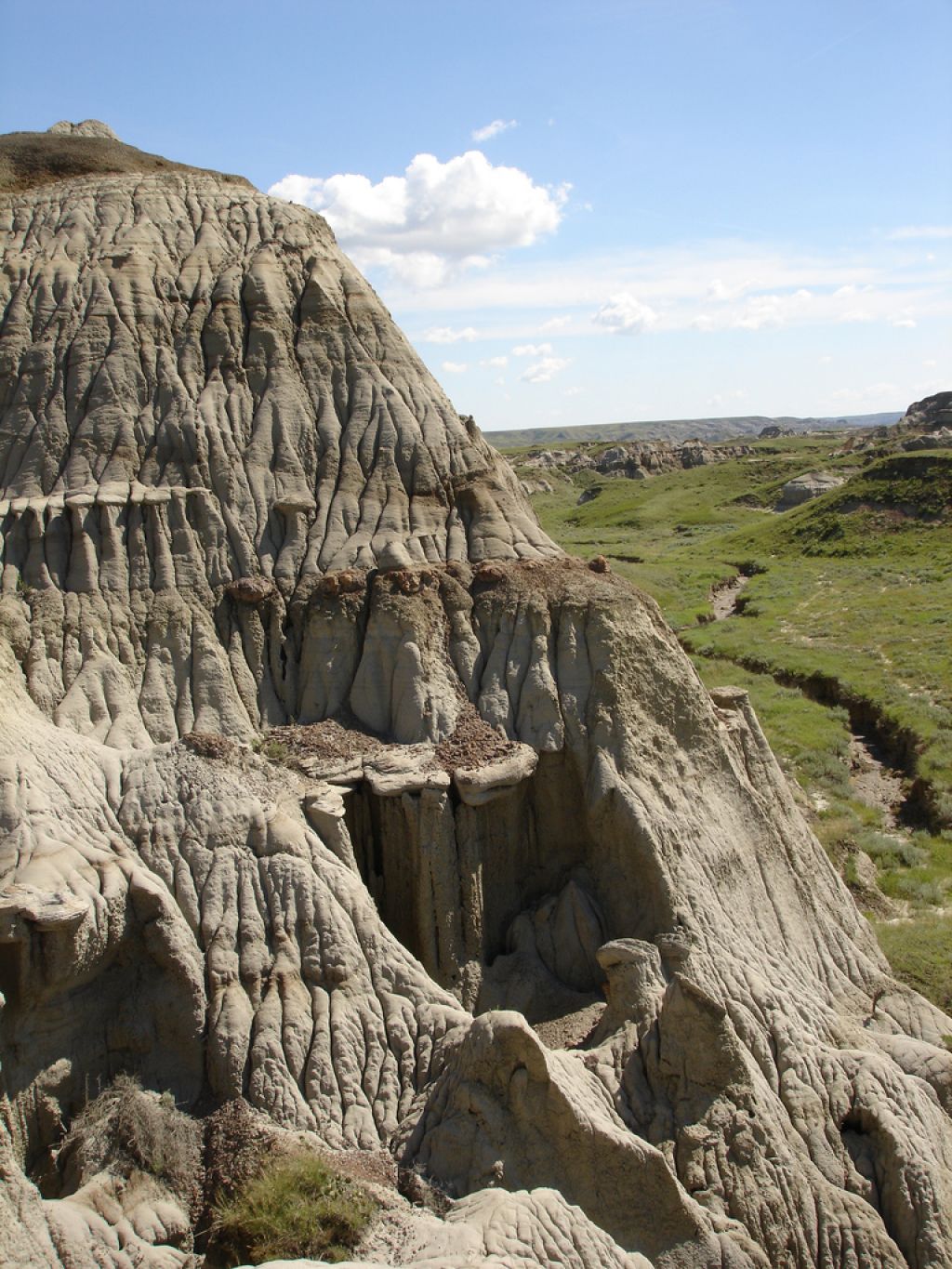
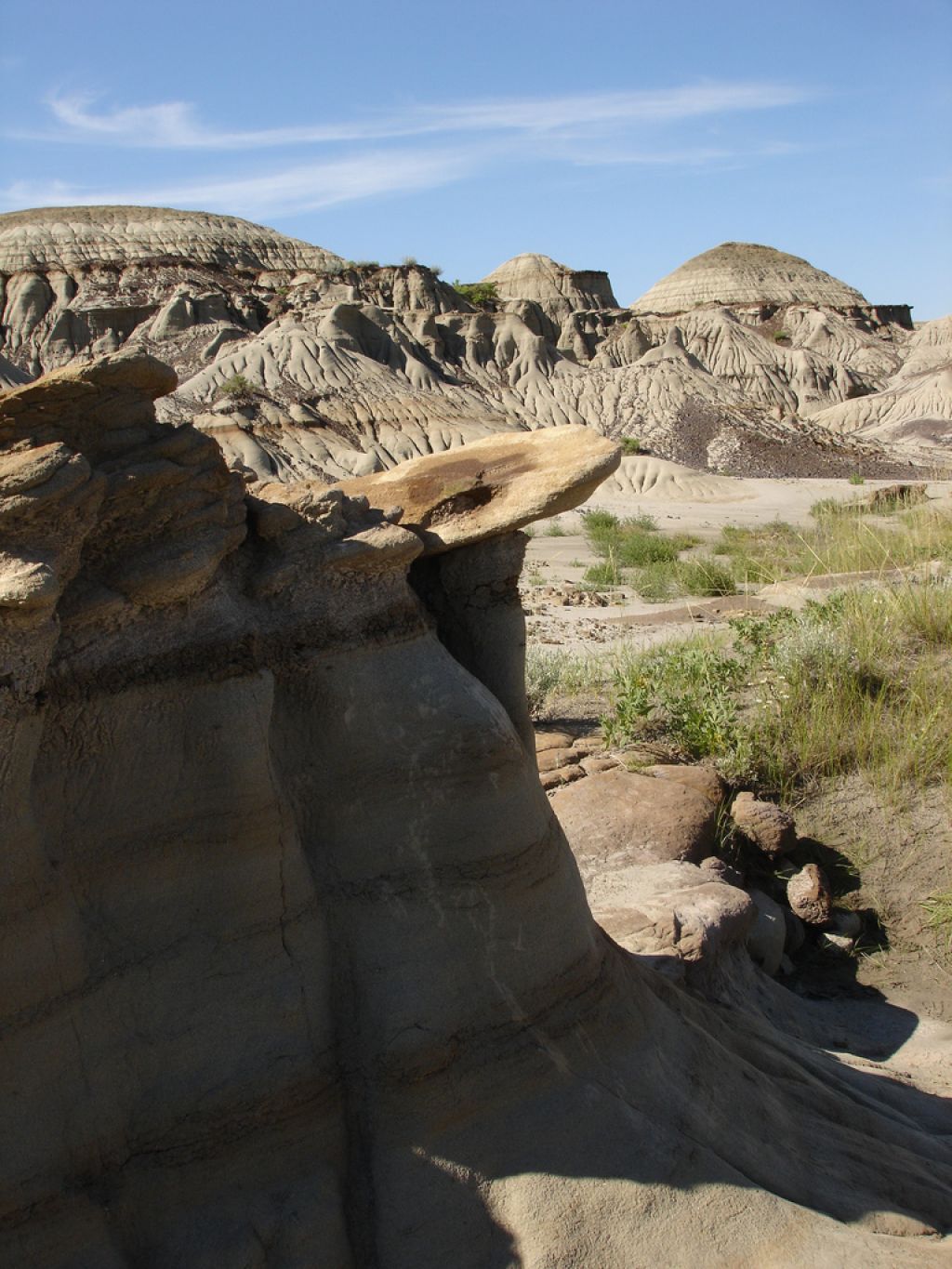
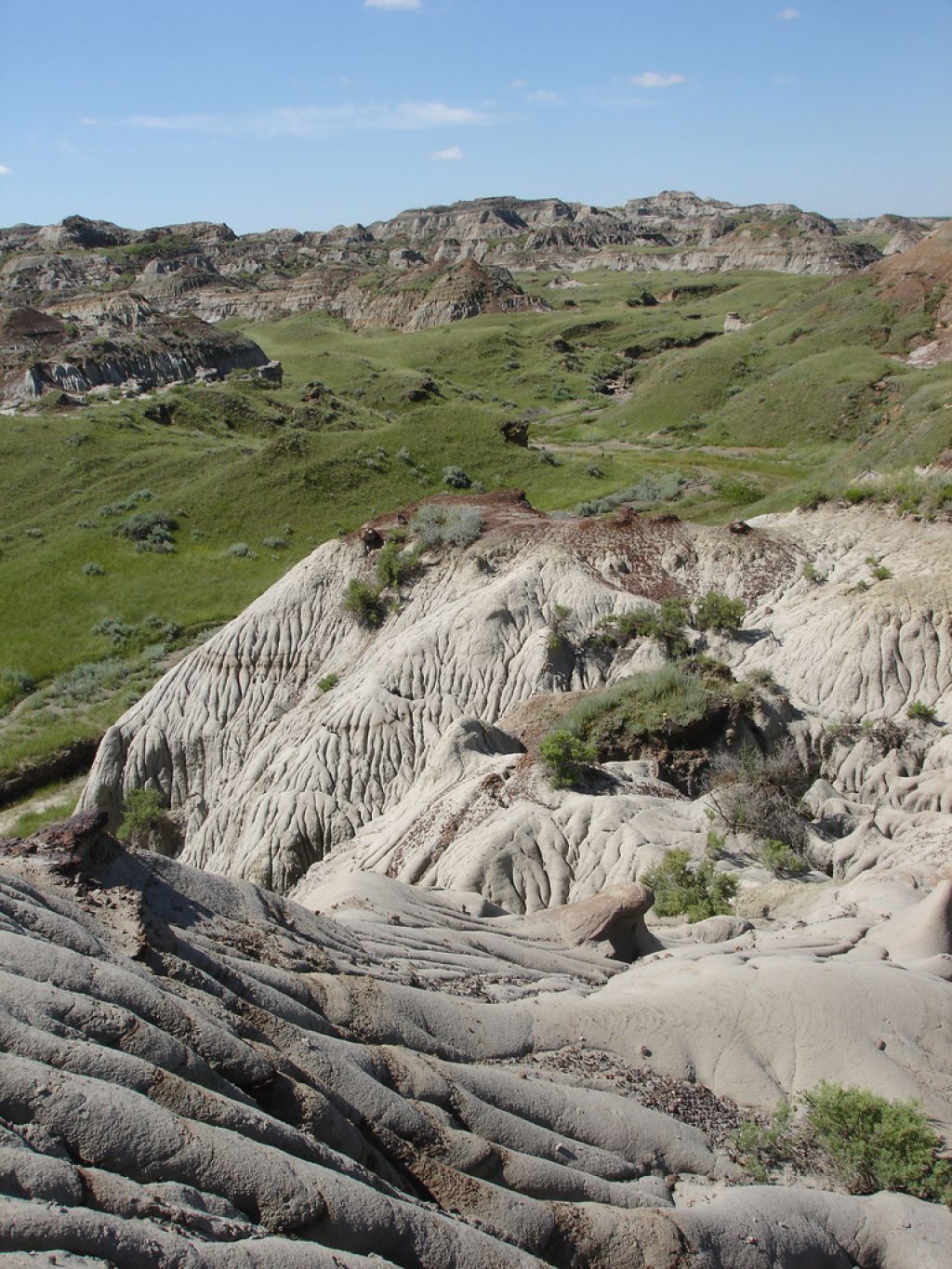
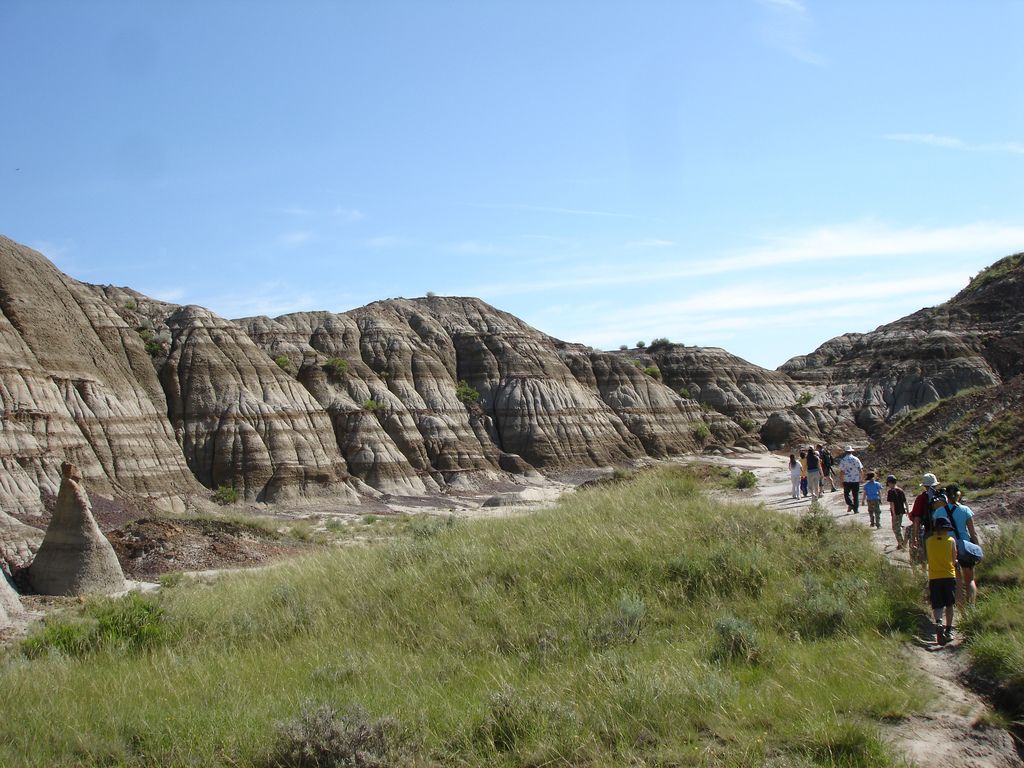
credit: Kevin Saff
Tags: alberta, alberta parks, Ankylosauria, badlands, Brooks, Caenagnathidae, Canada, Ceratopsia, Dinosaur, dinosaur provincial park, Dromaeosauridae, Fossil, Hadrosauridae, hoodoo, Hypsilophodontidae, Ornithomimidae, Pachycephalosauria, park, Provincial, provincial park, Richest, Site, Troodontidae, Tyrannosauridae, UNESCO World Heritage Site
Relevant Articles


















 Sunset in Pamukkale Travertine T...
Sunset in Pamukkale Travertine T... A Marvelous Metal Sculptures in ...
A Marvelous Metal Sculptures in ... The Largest International Hot Ai...
The Largest International Hot Ai... Hot Korean Models at Seoul Motor...
Hot Korean Models at Seoul Motor... Perfect Gift – Hot Air Bal...
Perfect Gift – Hot Air Bal... Rocamadour – The spectacu...
Rocamadour – The spectacu...












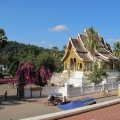 Luang Prabang – UNESCO Wor...
Luang Prabang – UNESCO Wor...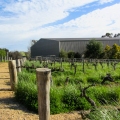 Wine Path at Barossa Valley, Aus...
Wine Path at Barossa Valley, Aus... Angkor Wat – UNESCO World ...
Angkor Wat – UNESCO World ...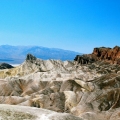 Death Valley National Park Wallp...
Death Valley National Park Wallp... Edmonton Pride Parade 2016
Edmonton Pride Parade 2016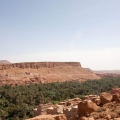 The Draa Valley in Sahara Desert...
The Draa Valley in Sahara Desert... Castello di Amorosa Winery in Na...
Castello di Amorosa Winery in Na... Welcome to Paradise Varadero, Cu...
Welcome to Paradise Varadero, Cu...








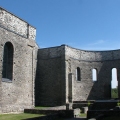 St. Raphaels Ruins in Ontario, C...
St. Raphaels Ruins in Ontario, C... Versaille One of the Most Popula...
Versaille One of the Most Popula... Palace of Fontainebleau – ...
Palace of Fontainebleau – ... Rome Colosseum An Imposing and B...
Rome Colosseum An Imposing and B... Gros Morne National Park, Canada...
Gros Morne National Park, Canada... Tower of London in November
Tower of London in November Devils Tower National Monument i...
Devils Tower National Monument i... Scenic Glacier National Park, Mo...
Scenic Glacier National Park, Mo...











 Kennedy Space Center – Pop...
Kennedy Space Center – Pop... Spectacular Grand Teton National...
Spectacular Grand Teton National...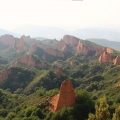 The spectacular landscape of Las...
The spectacular landscape of Las...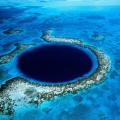 Great Blue Hole, Belize
Great Blue Hole, Belize Spectacular Red Bull Air Race 20...
Spectacular Red Bull Air Race 20... Most Spectacular Navagio Beach, ...
Most Spectacular Navagio Beach, ...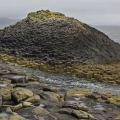 Fingals Cave and Staffa Coast, S...
Fingals Cave and Staffa Coast, S... Unique Great Wall of China
Unique Great Wall of China













 The Largest Collection of Dinosa...
The Largest Collection of Dinosa...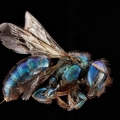 Macro Photography – Flying...
Macro Photography – Flying... Duro Canyon State Park
Duro Canyon State Park World Class Ocean Park in Hong K...
World Class Ocean Park in Hong K... Gates of the Arctic National Par...
Gates of the Arctic National Par... Wildlife Education – Wolf ...
Wildlife Education – Wolf ... Hitachi Seaside Park, Hitachinak...
Hitachi Seaside Park, Hitachinak...


